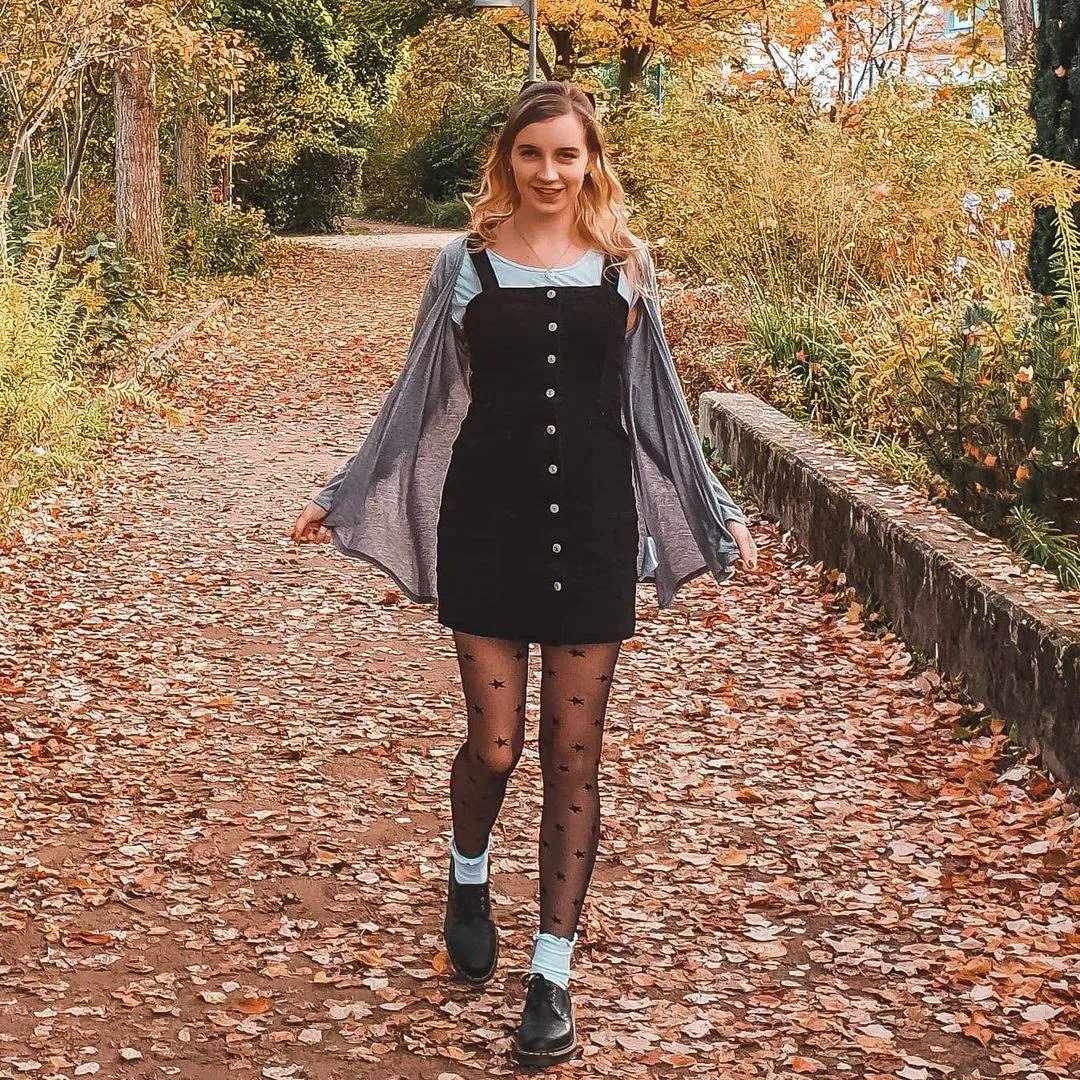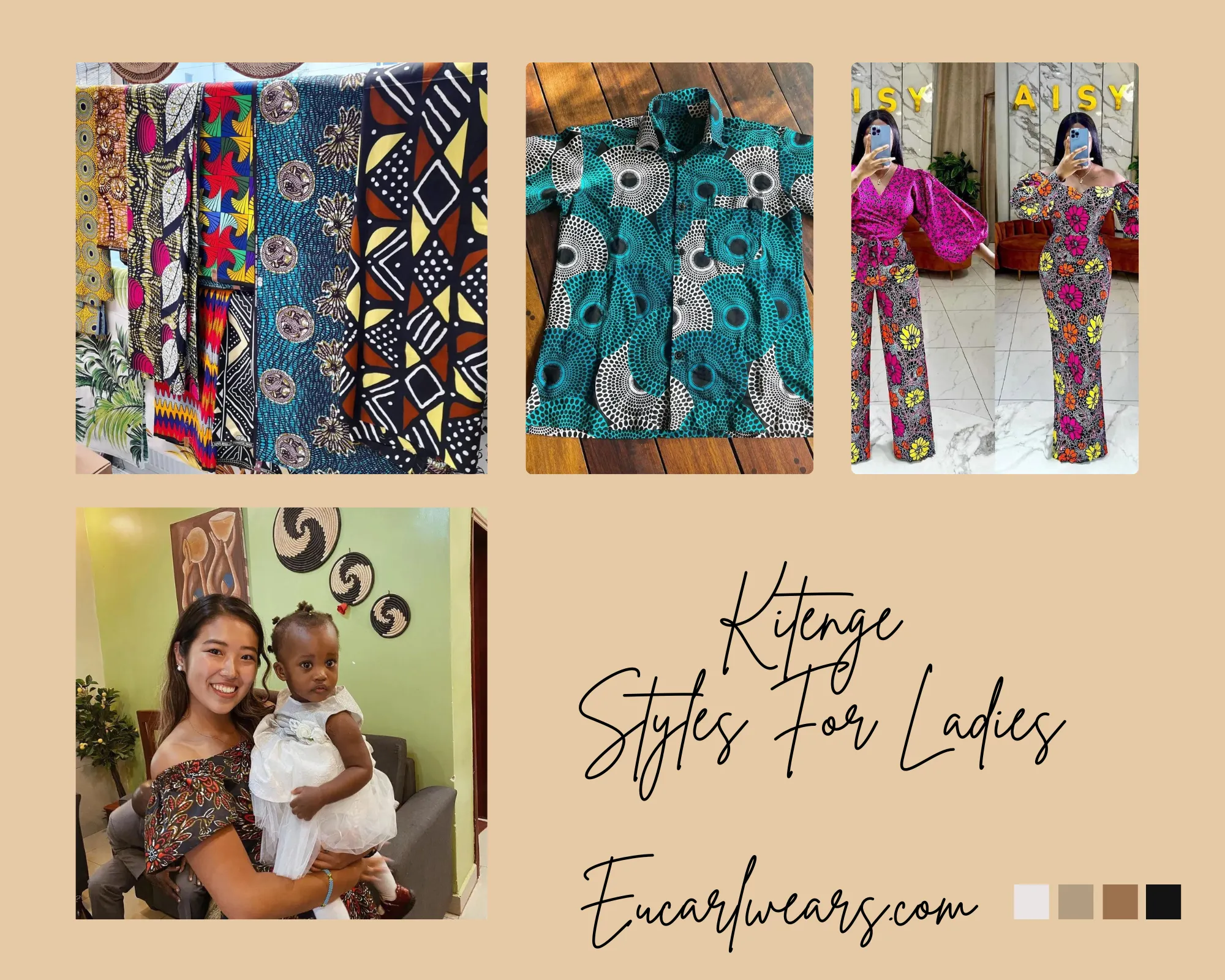Asian Wear
Trendy Indian Sarees For Women

A sari also called saree or shari is a outfit for women residing in India. It is made up of an un-stitched woven fabric that hangs over the body like a robe. Sarees for women vary in length, measuring between 4.1 to 8.2 meters in length, and 60 to 120 centimeters in breadth. One end of this fabric is fastened to the waist, while the other end drapes over one shoulder like a shawl. By doing this, part of the midriff is exposed.
Table of Contents
It is considered a form of ethnic wear in India, Pakistan, Bangladesh, Sri Lanka, and Nepal. They are named according to the different fabrics they are manufactured from such as Silk sarees, cotton sarees, net sarees, organza sarees, georgette sarees, and many others. They can also be grouped according to the styles of sari draping, with the most common being the Nivi style.
The upper garment of the sari is a fitted blouse known as a choli (ravike or kuppasa in southern India, and cholo in Nepal). The skirt worn with this choli is called ghagra, parkar, or ul-pavadai. Despite the Western enculturation, sarees remain fashionable clothing in the Indian Subcontinent today.
Styles of Saree Draping
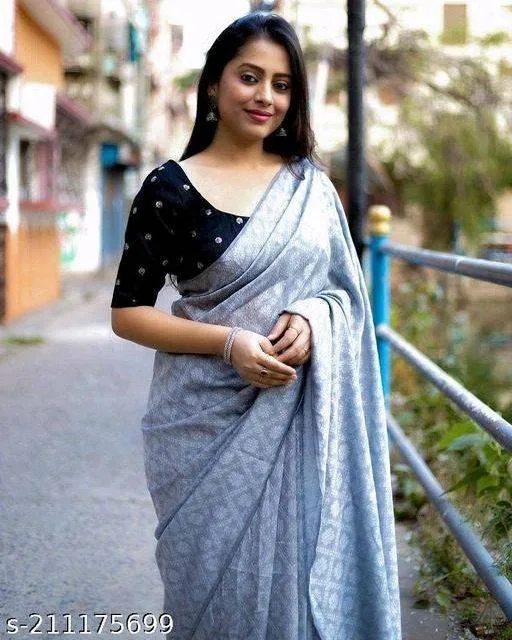
There are many different ways of draping sarees for women and currently over 108 ways have been identified. These styles cut across the fourteen Indian states including Andhra Pradesh, Bihar, Chhattisgarh, Goa, Gujarat, Jharkhand, Karnataka, Kerala, Madhya Pradesh, Maharashtra, Odisha, Tamil Nadu, Uttar Pradesh, and West Bengal.
Not only are these Saree draping styles different in different states, but they have also been grouped by a French cultural anthropologist and sari researcher – Chantal Boulanger into the following sari drapes families:
- Nivi sari, modern nivi, Nauvari, kaccha, or kasta nivi sari styles – worn originally in the Deccan region. Here, the pleats of the sari are passed between the legs and tucked into the back.
- Sidha anchal or sidha pallu – This style is similar to the nivi style and is worn in Bihar, Gujarati, Rajasthani, and Uttar Pradesh. Just like the nivi style, the pleats are passed between the legs, then the loose end of the sari aanchal or pallu is taken to the back, from which it is draped over the right shoulder. It is also worn by the Punjabi and Sindhi Hindus.
- Bengali and Odia style – This sari style is worn with a single box-pleat, where the sari is wrapped in an anti-clockwise direction around the waist and then a second time in the clockwise direction. The loose end is passed over the left shoulder and is usually long enough to cover the head as well.
- Kulluvi Pattu – a traditional form of woolen sari worn in Himachal Pradesh, similar to that worn in Uttarakhand.
- Newari sari drape – Commonly worn in Nepal
We only listed a few here, but regardless of these multiple styles, the most common way that women drape their sarees is by wrapping the sari around the waist, then hanging the loose end over the opposite shoulder. This causes part of the midriff to be slightly bared. This sari draping style is what is now known as the Nivi drape.
Sarees For Women In India: Pictures
Below are some lovely sari pictures that you can style. Have fun scrolling!
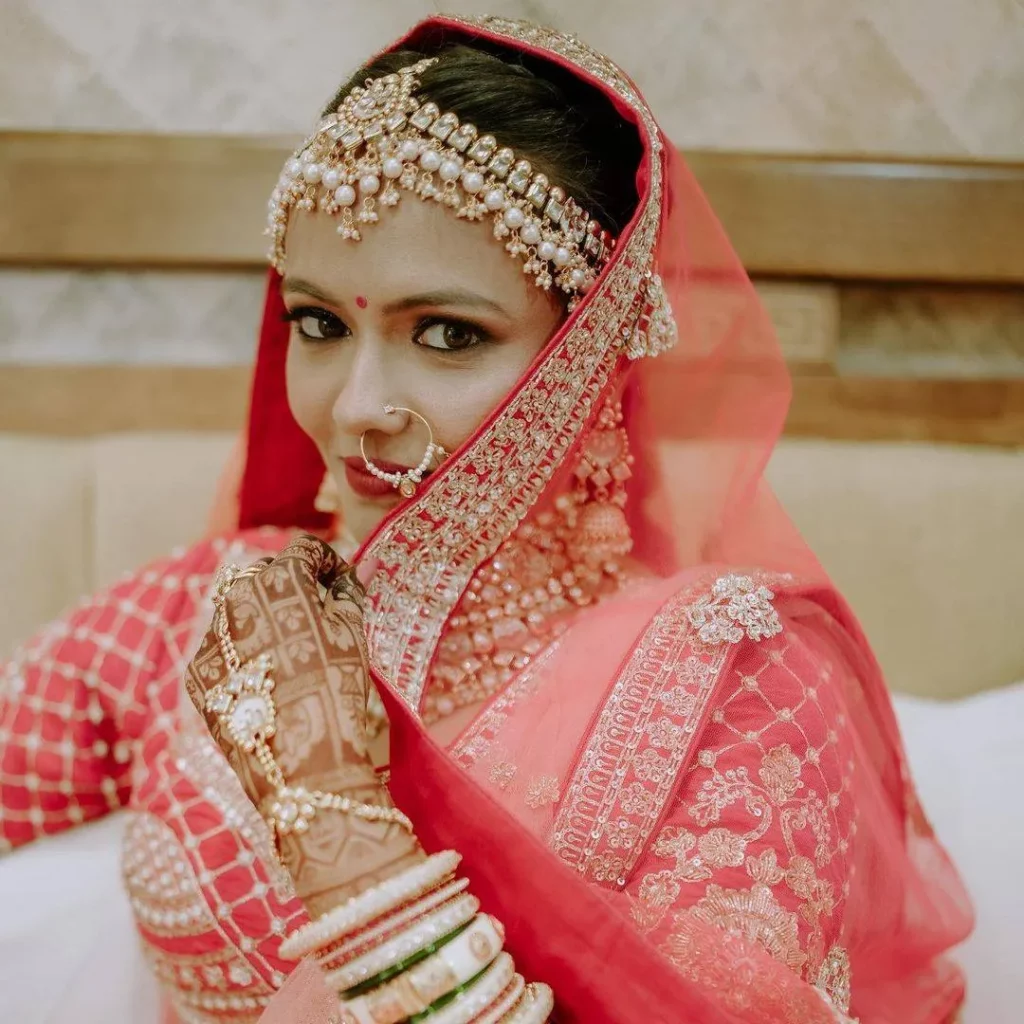
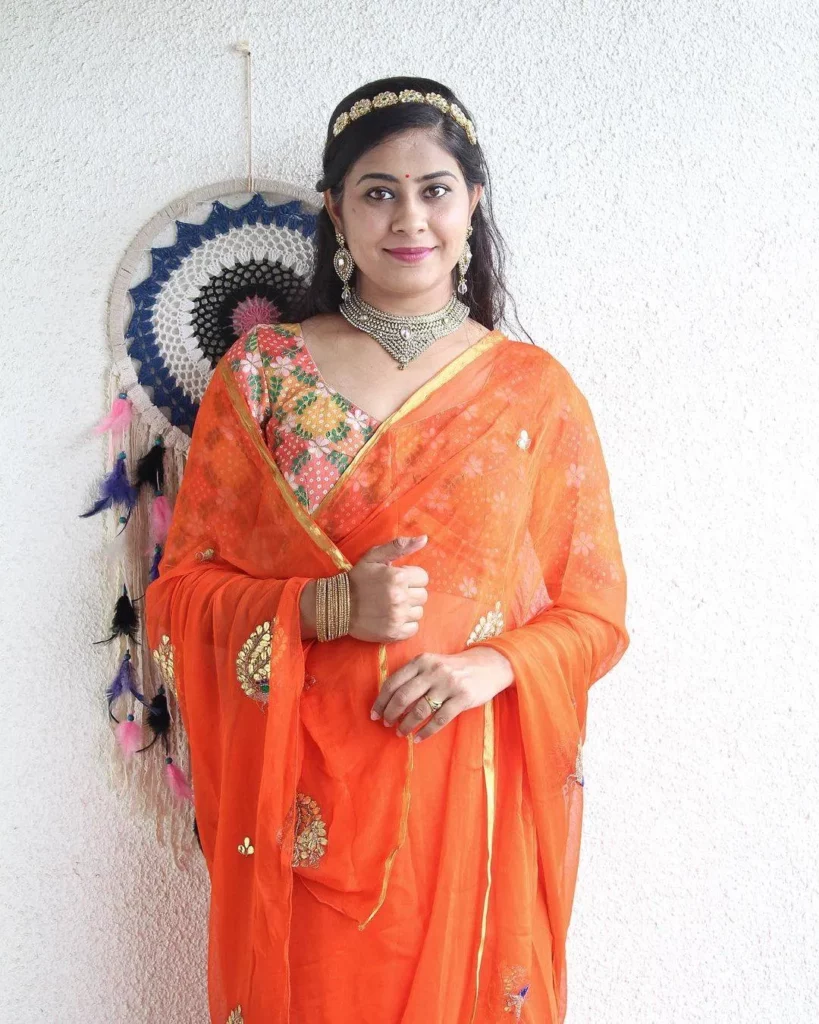
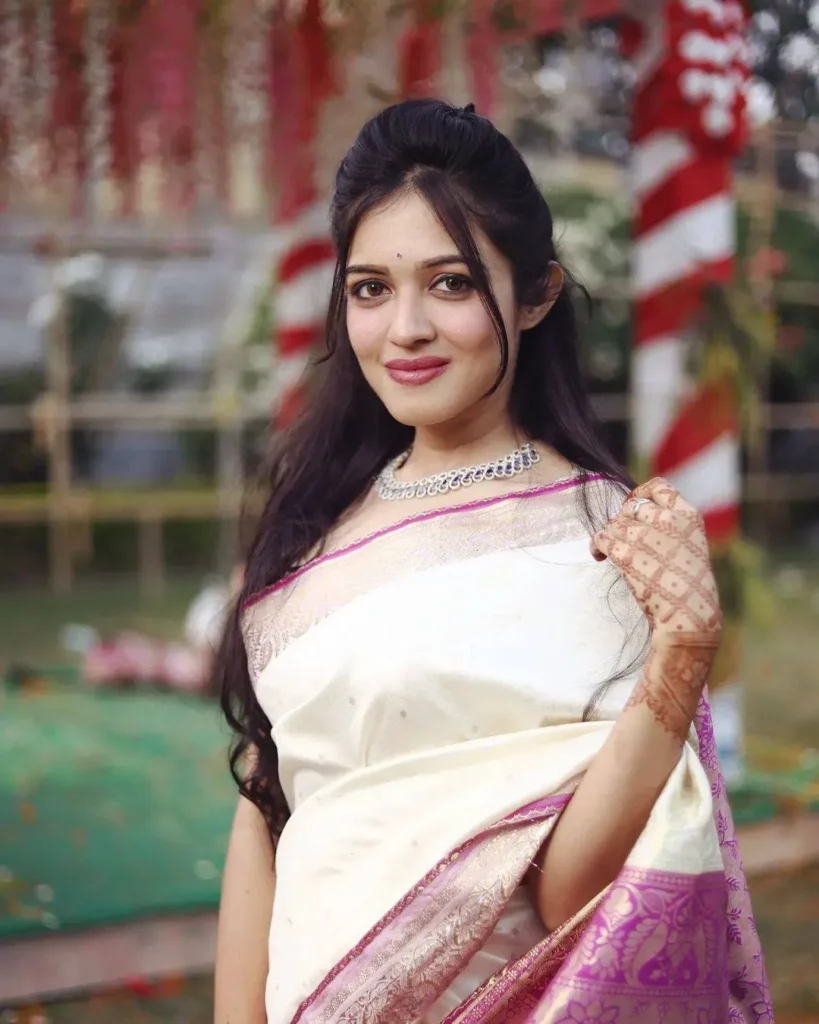
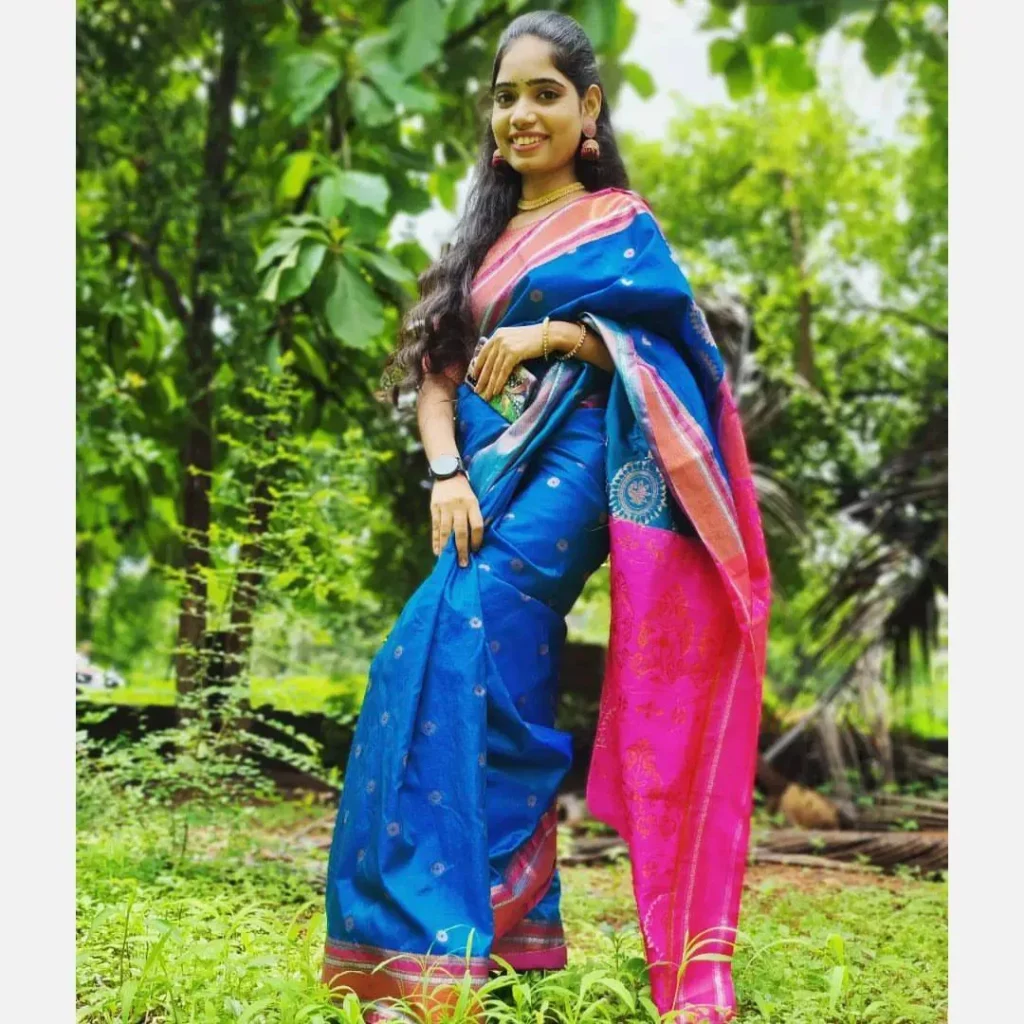
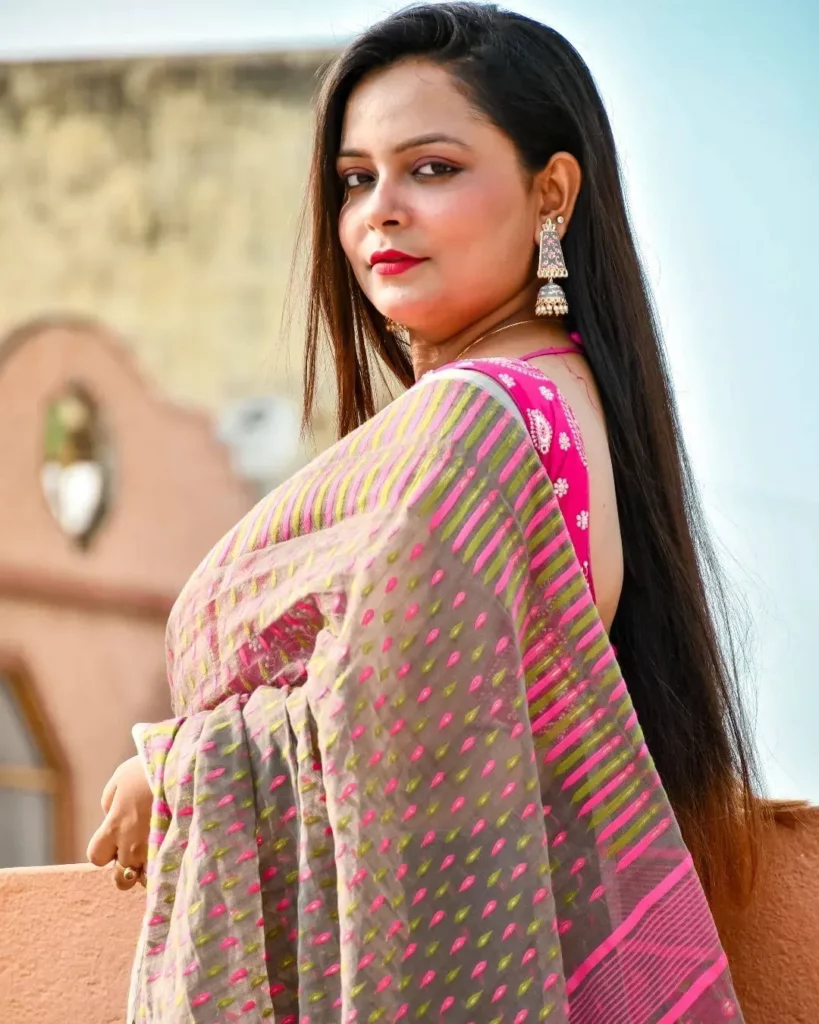
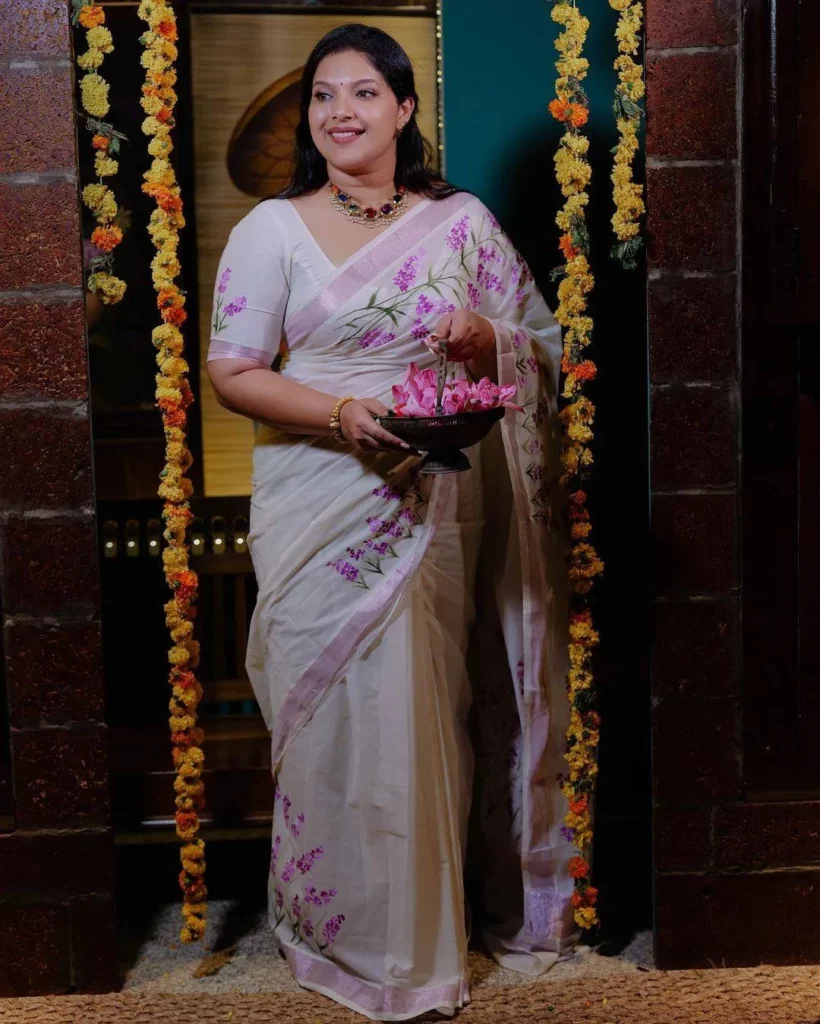
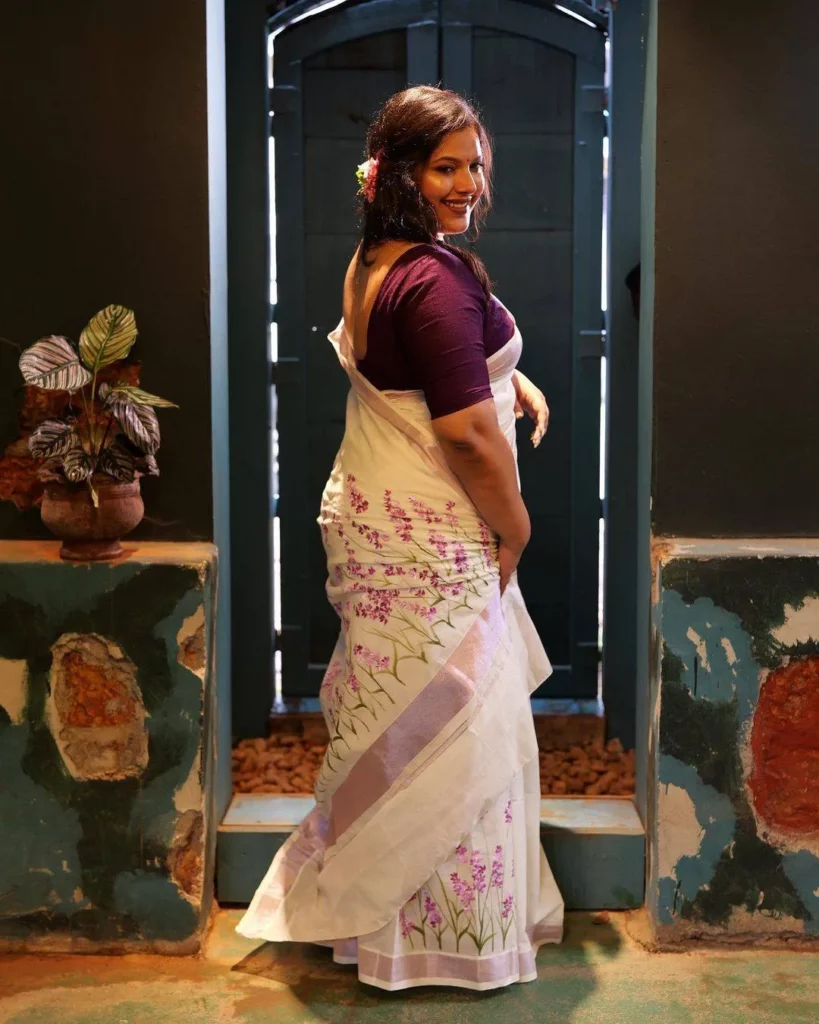
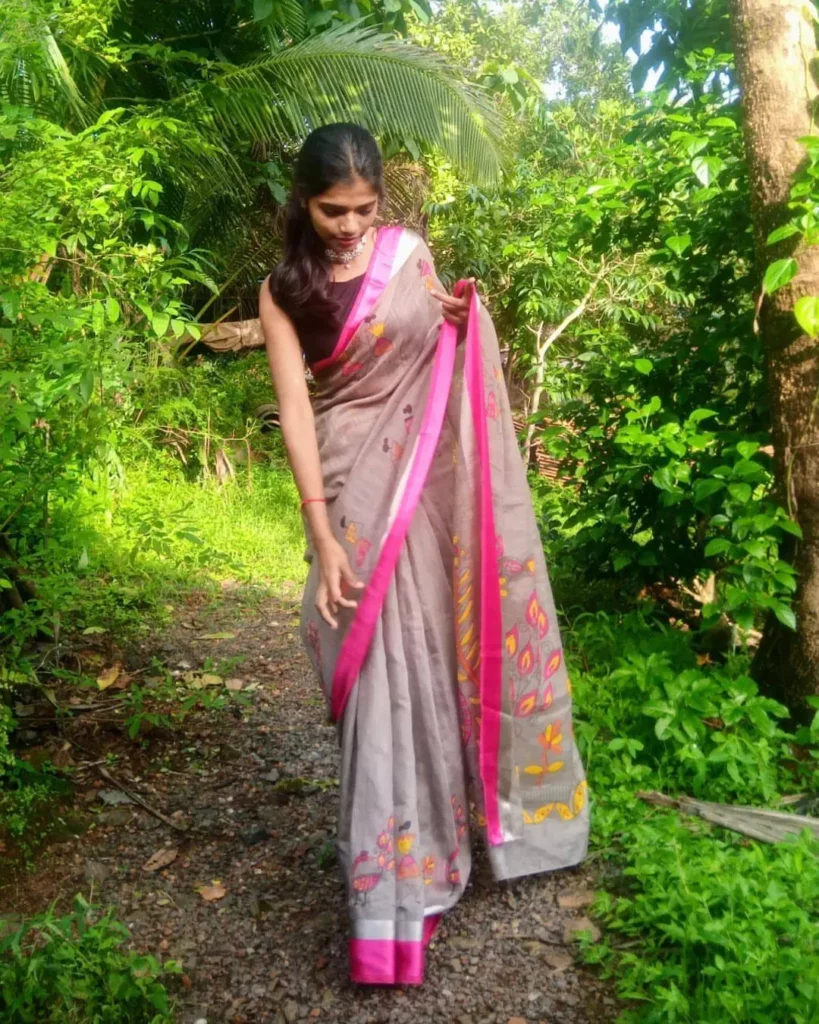
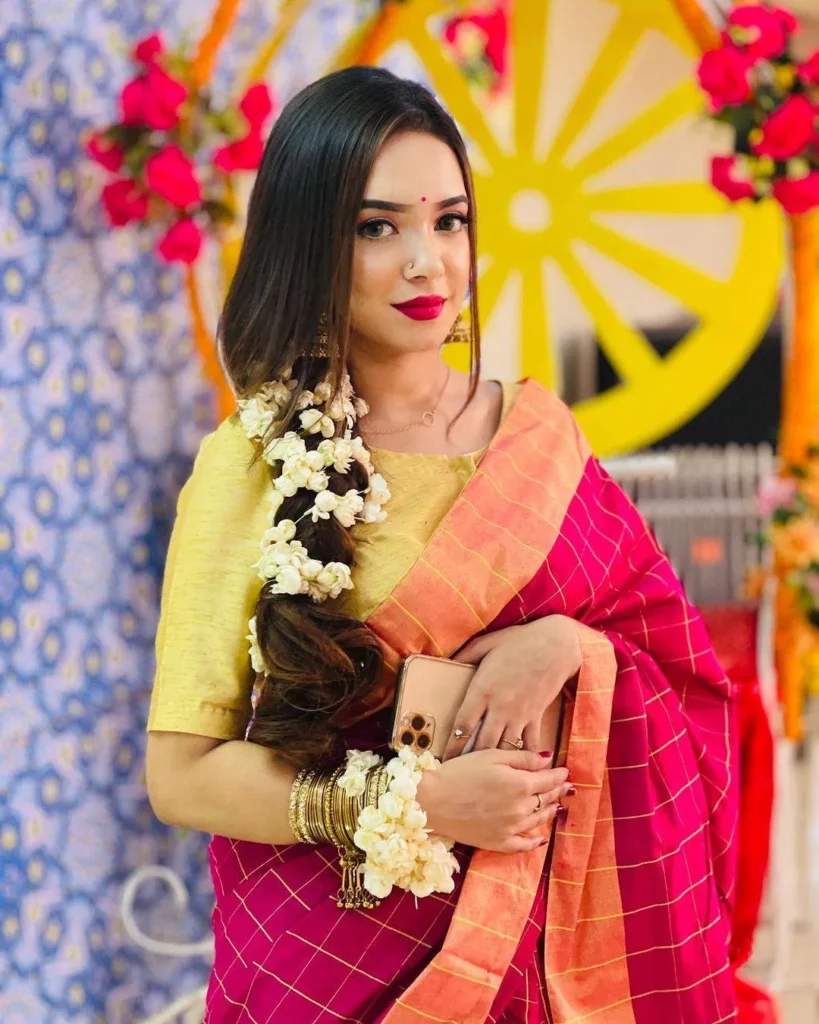
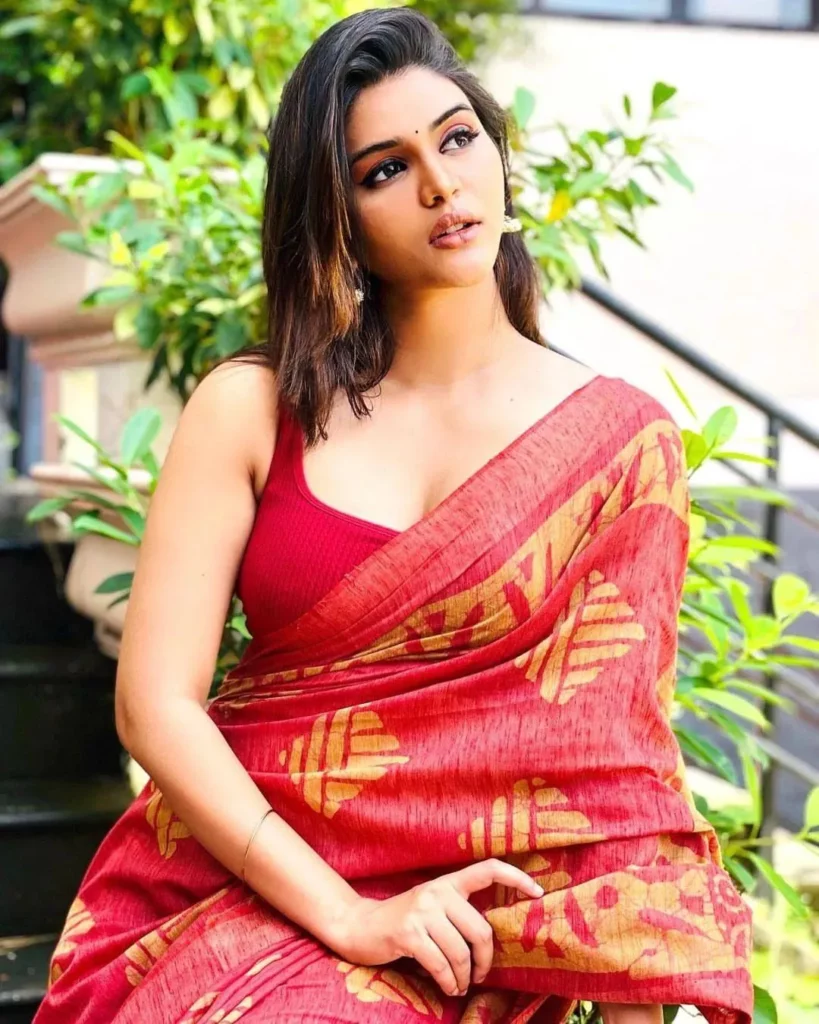
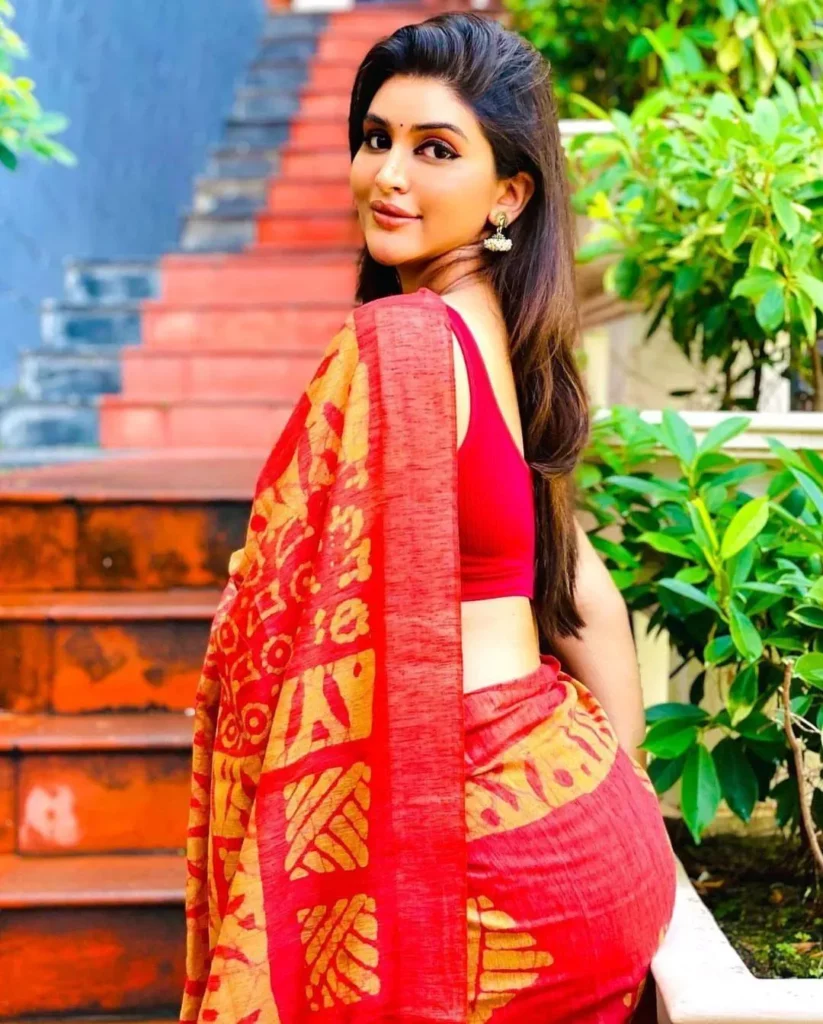
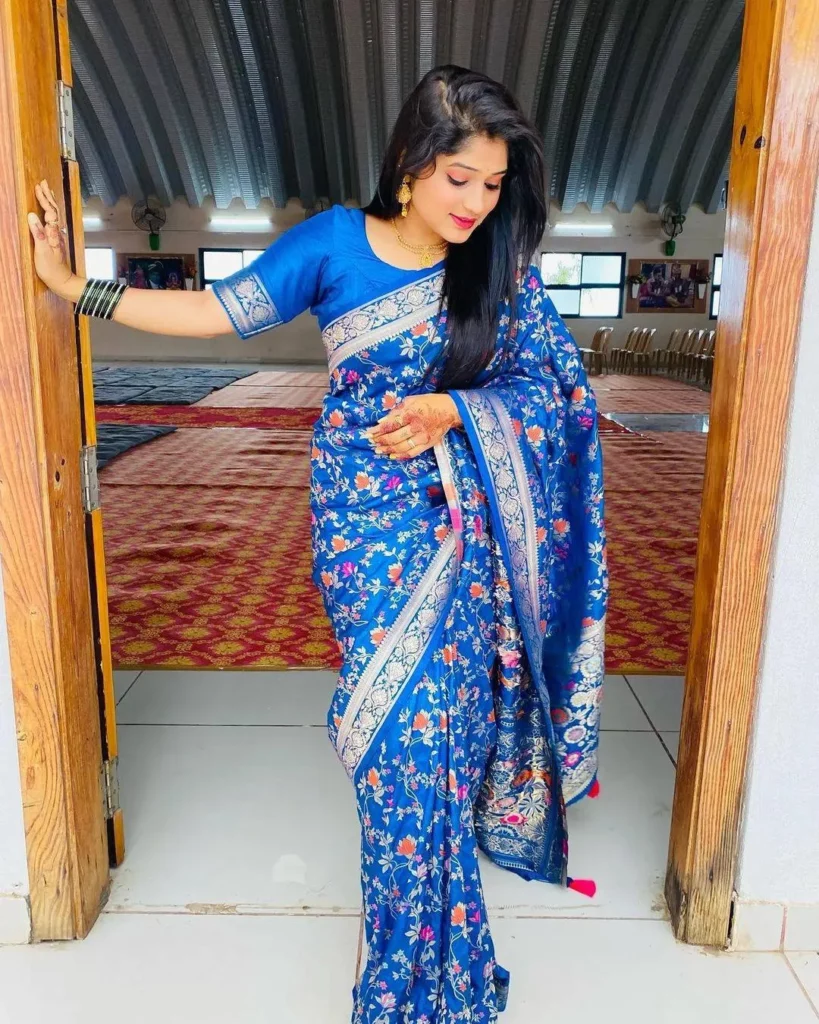
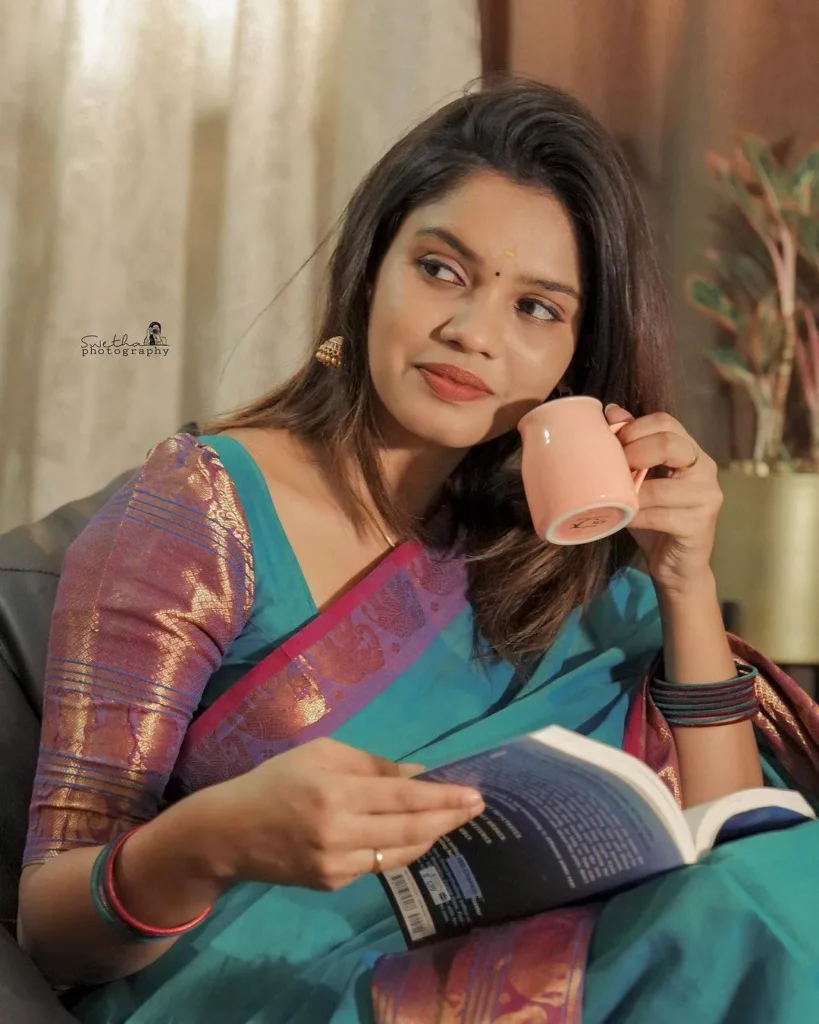
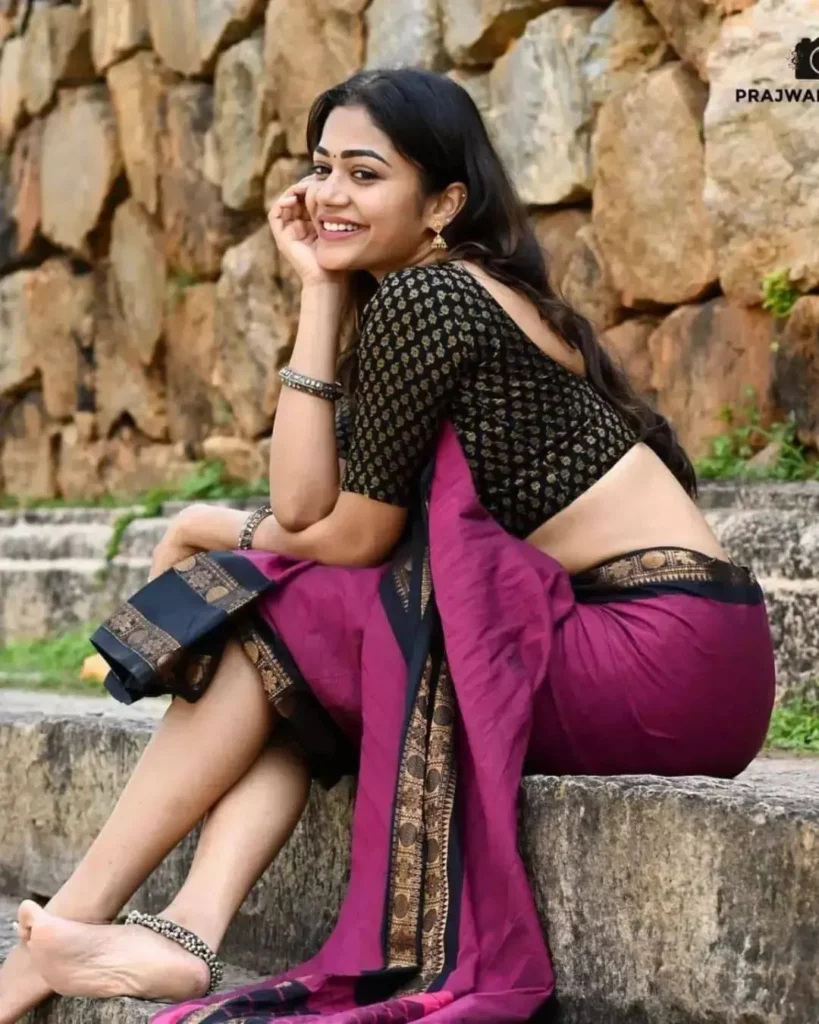
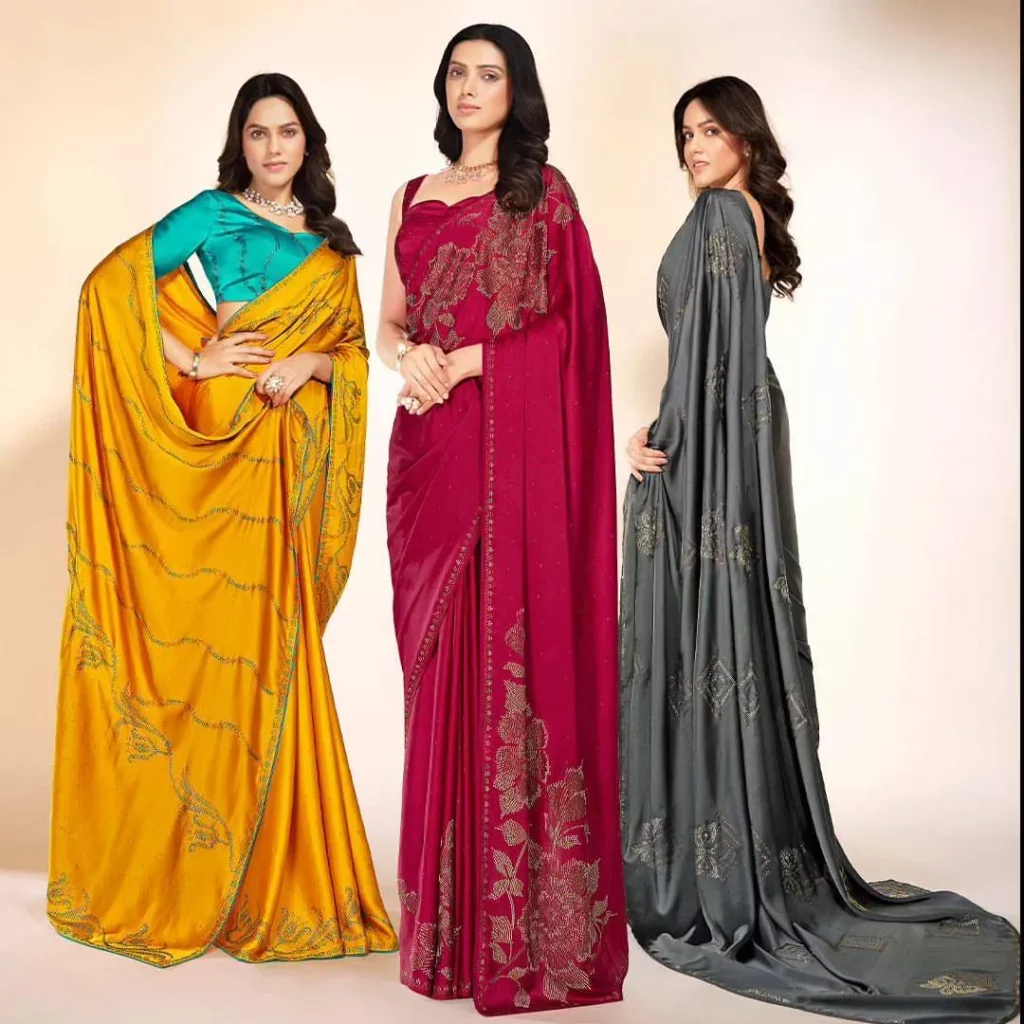
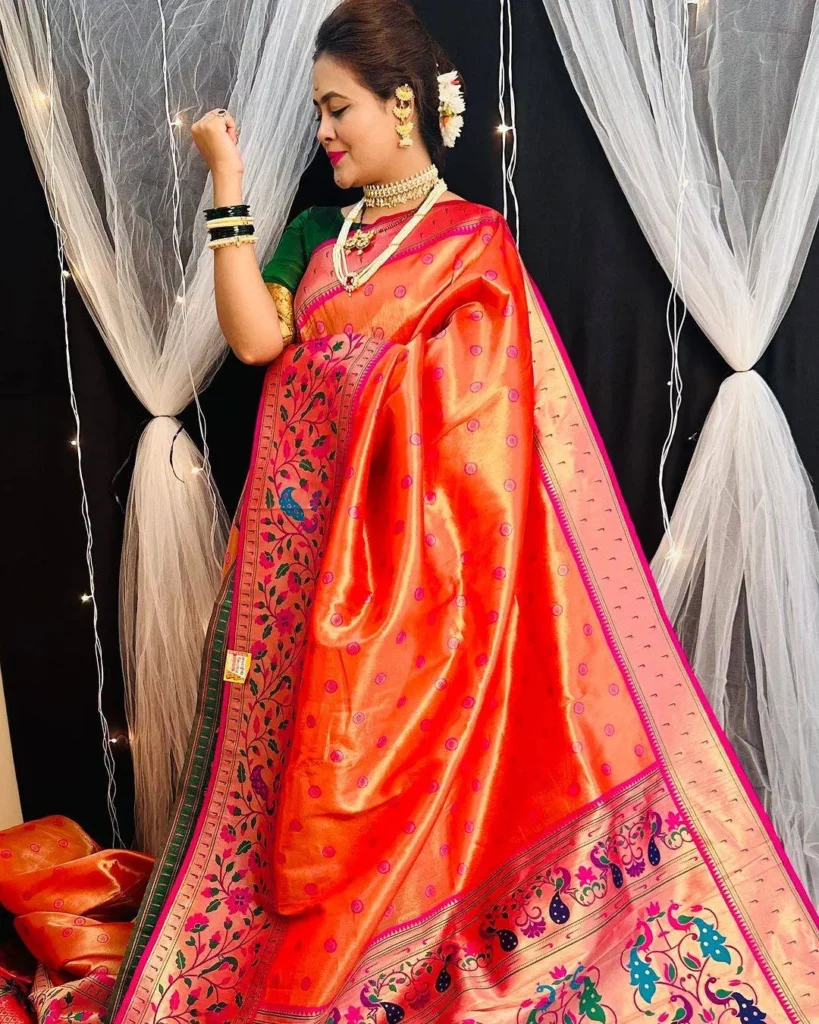
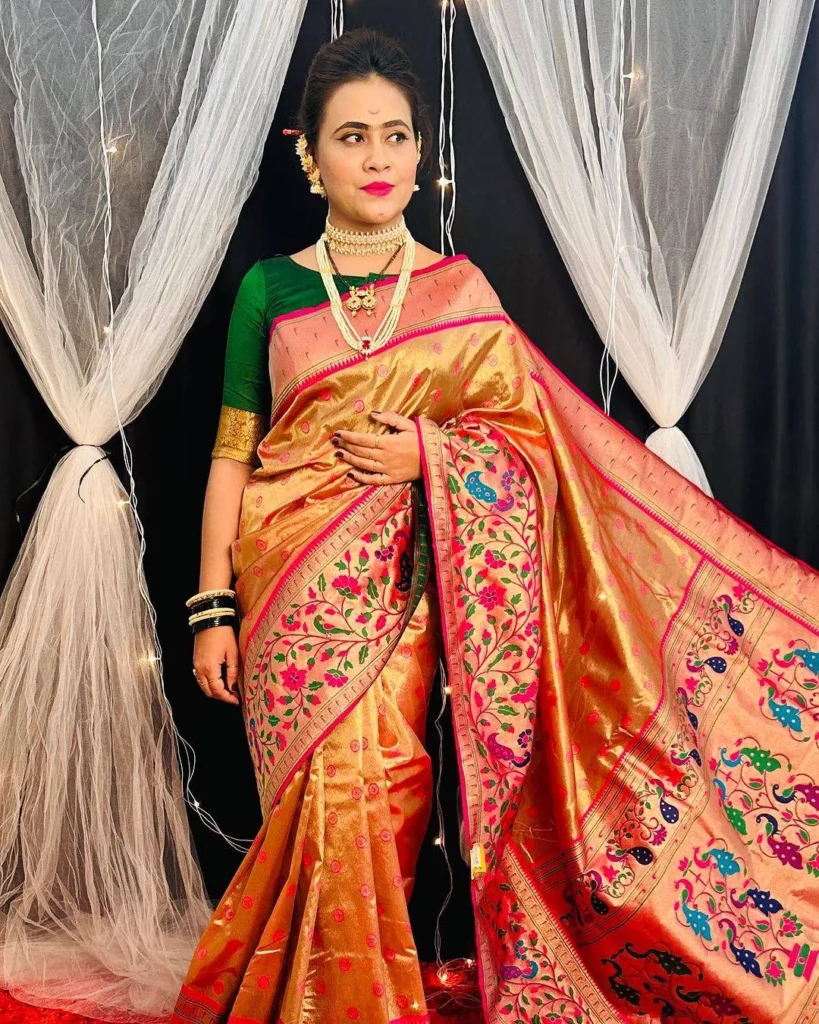
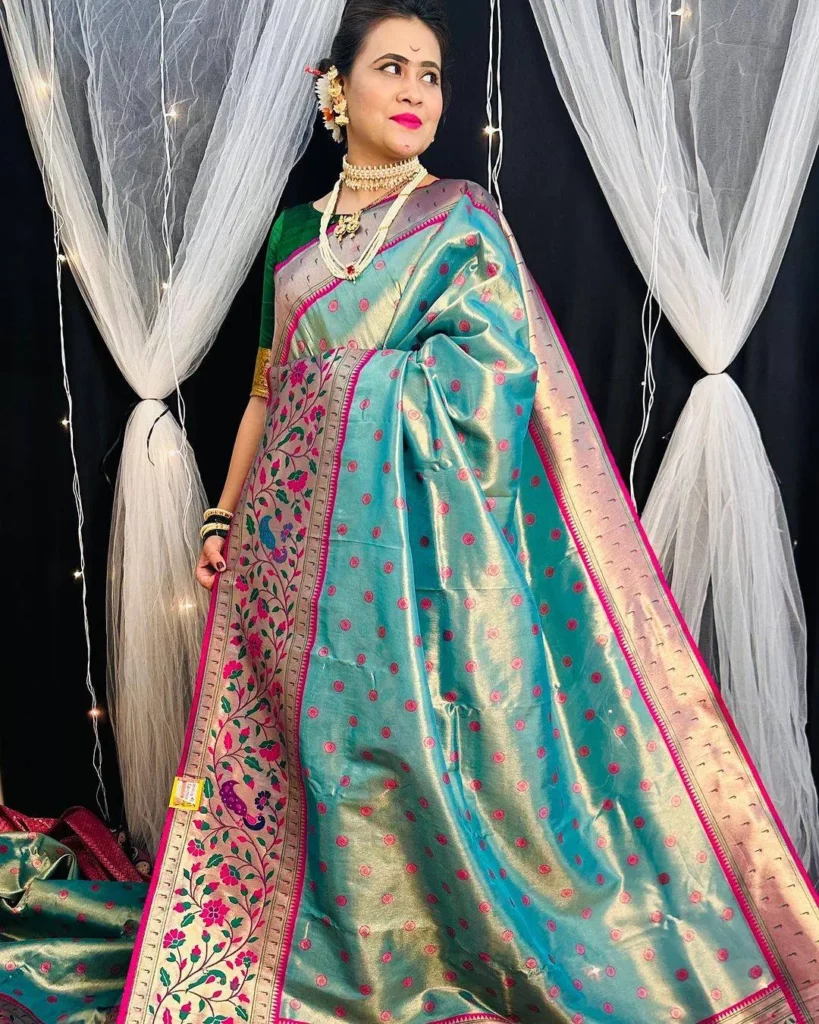
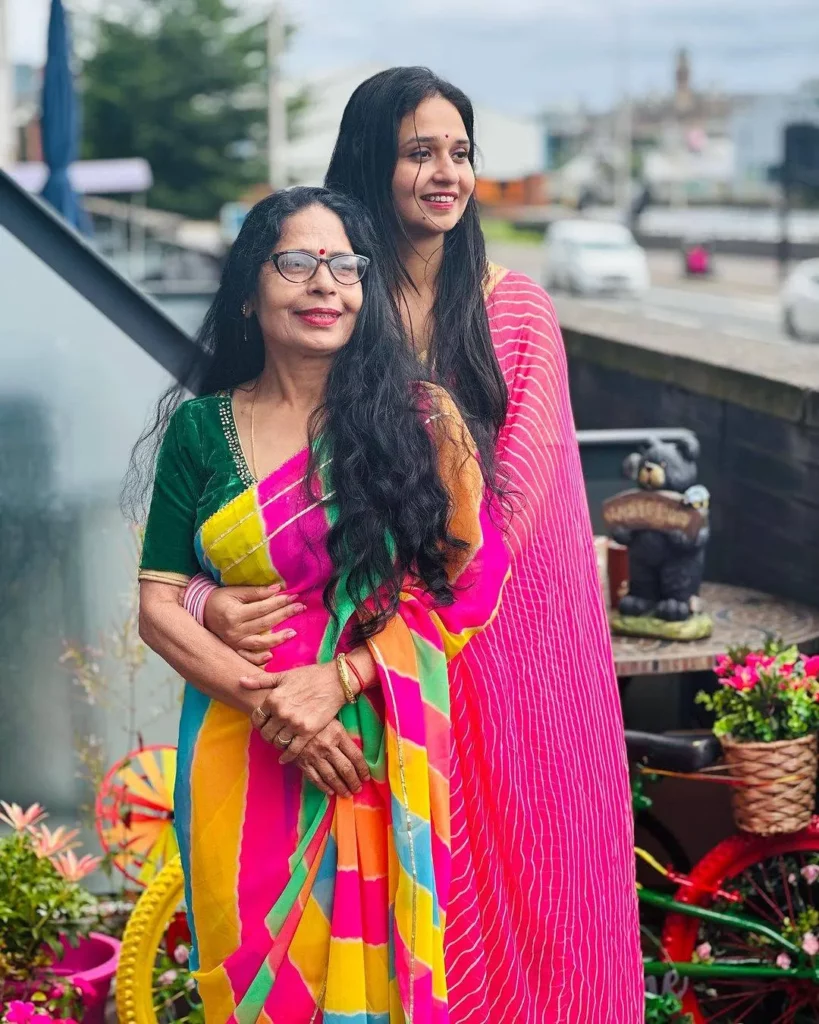
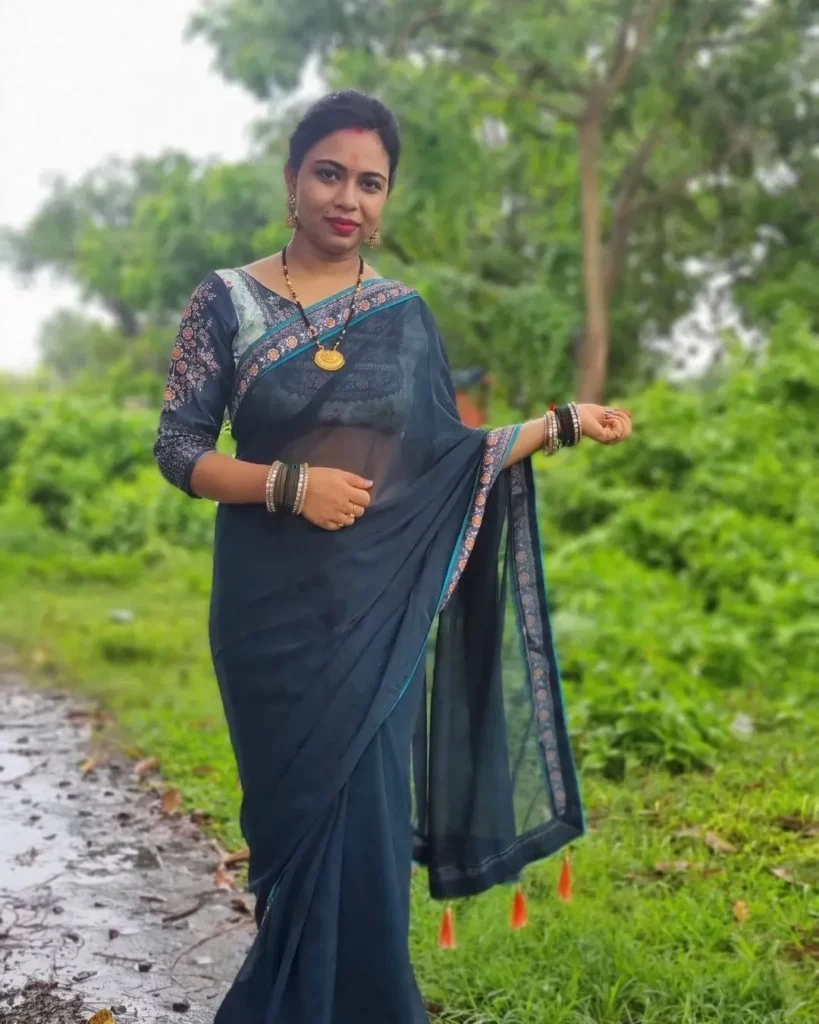
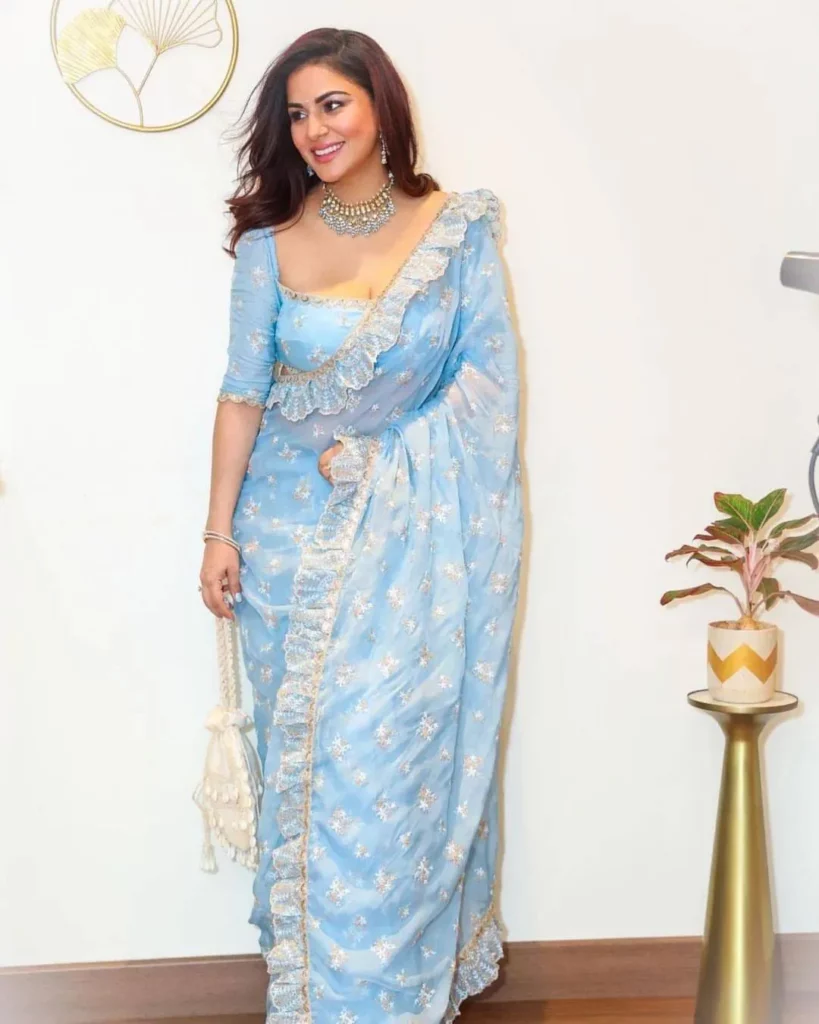
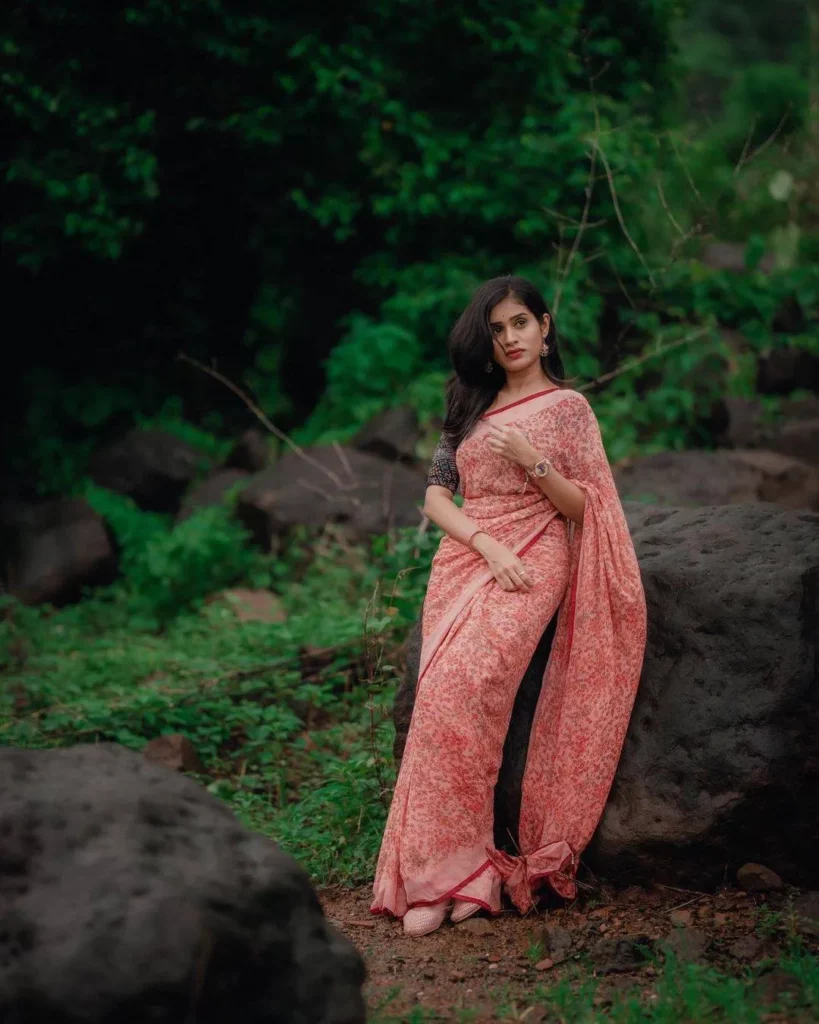
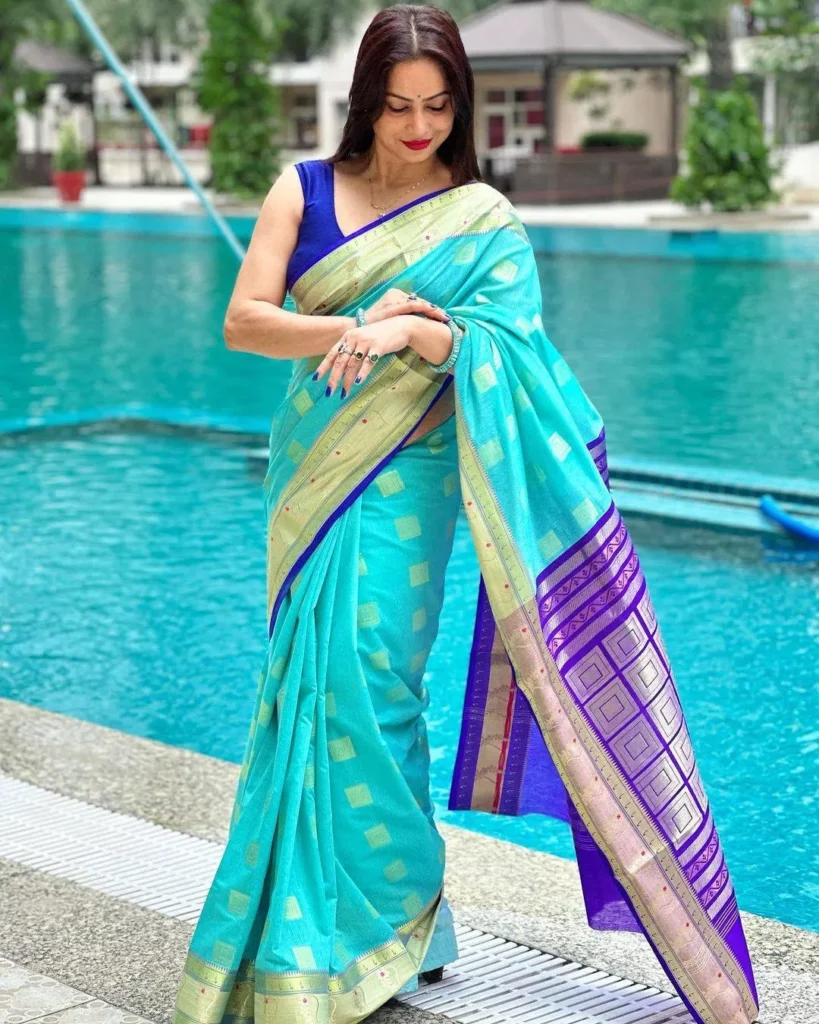
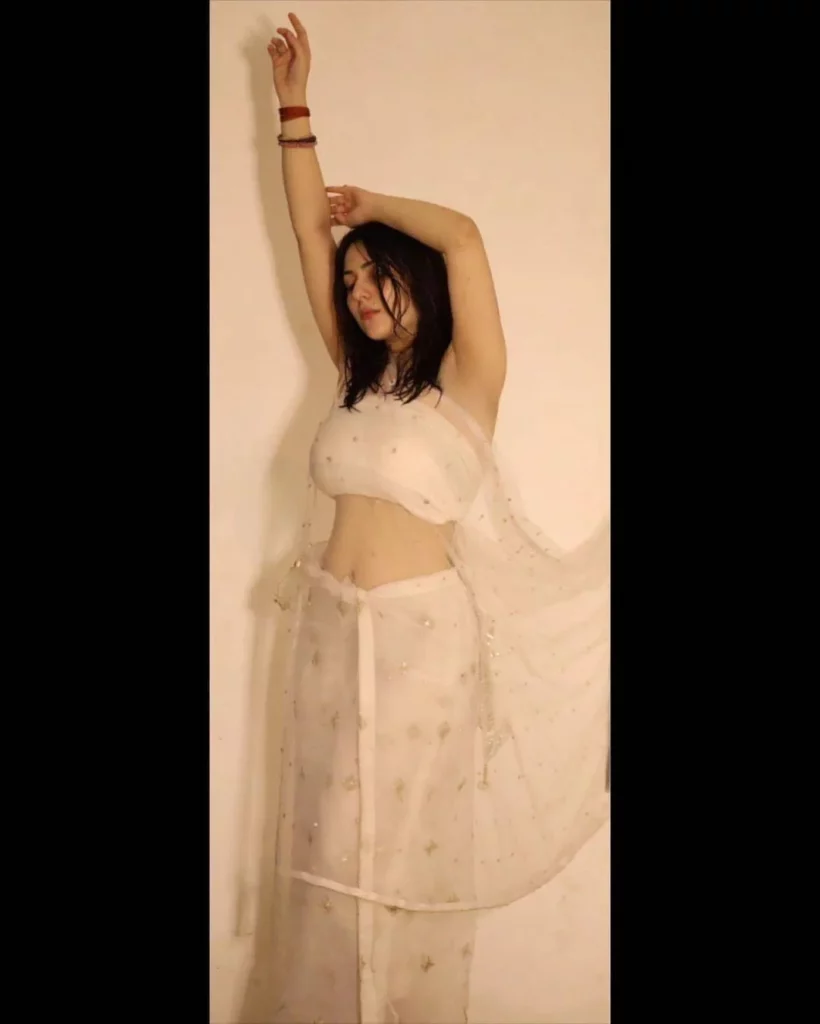
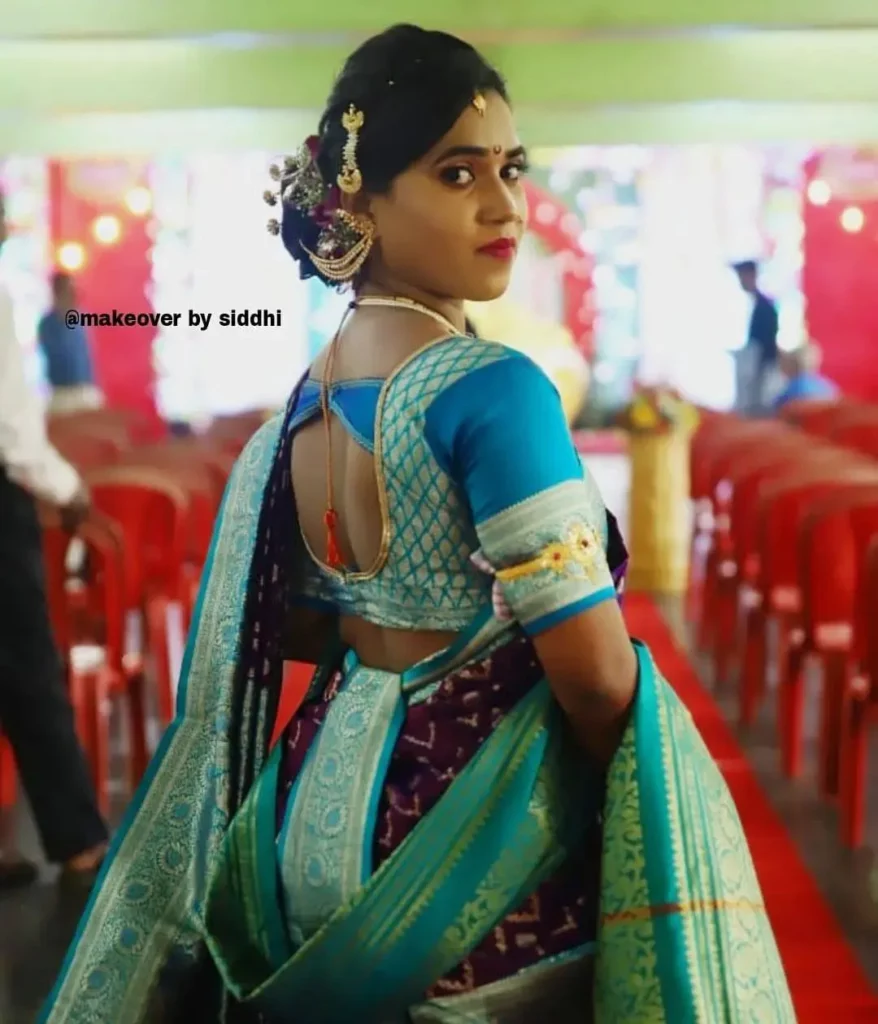
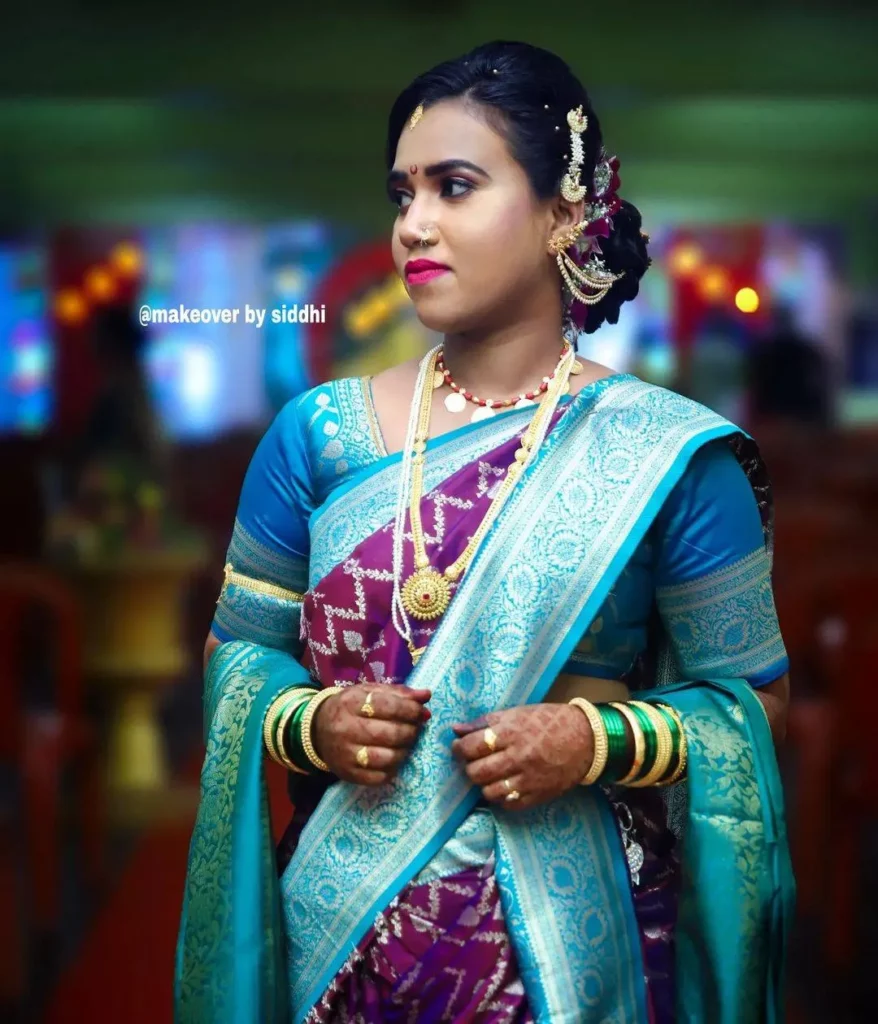
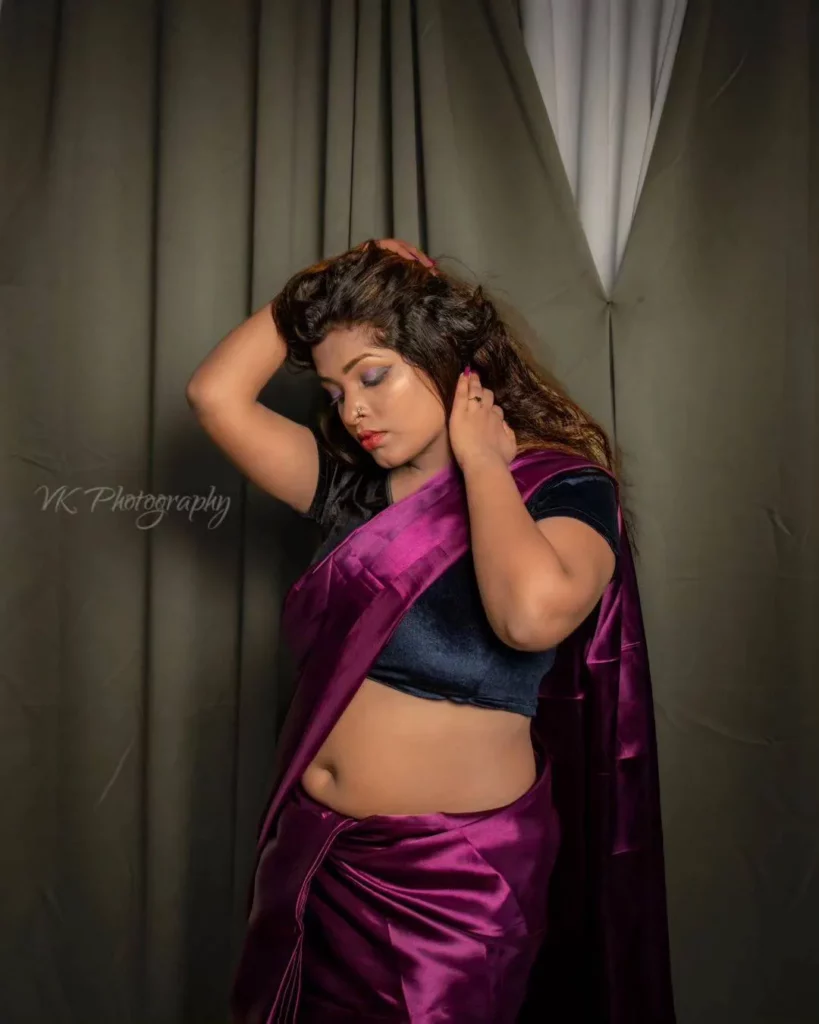
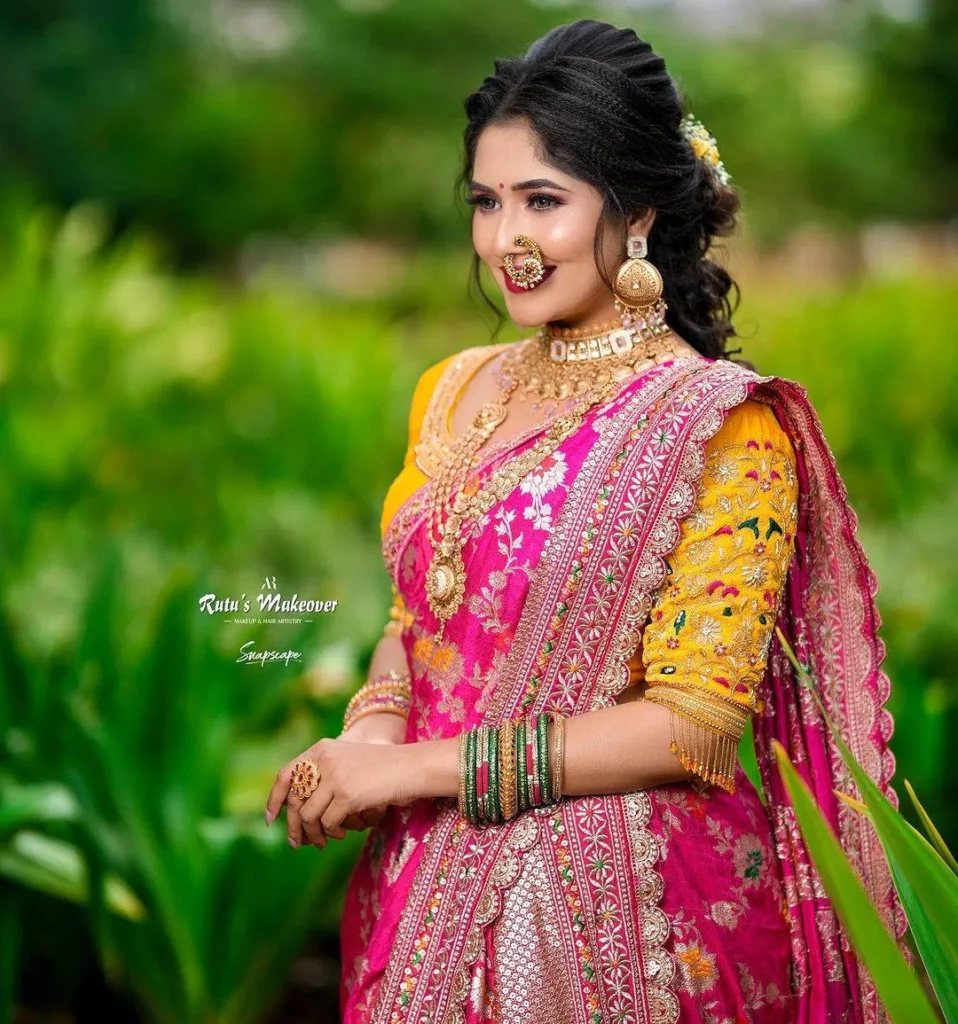
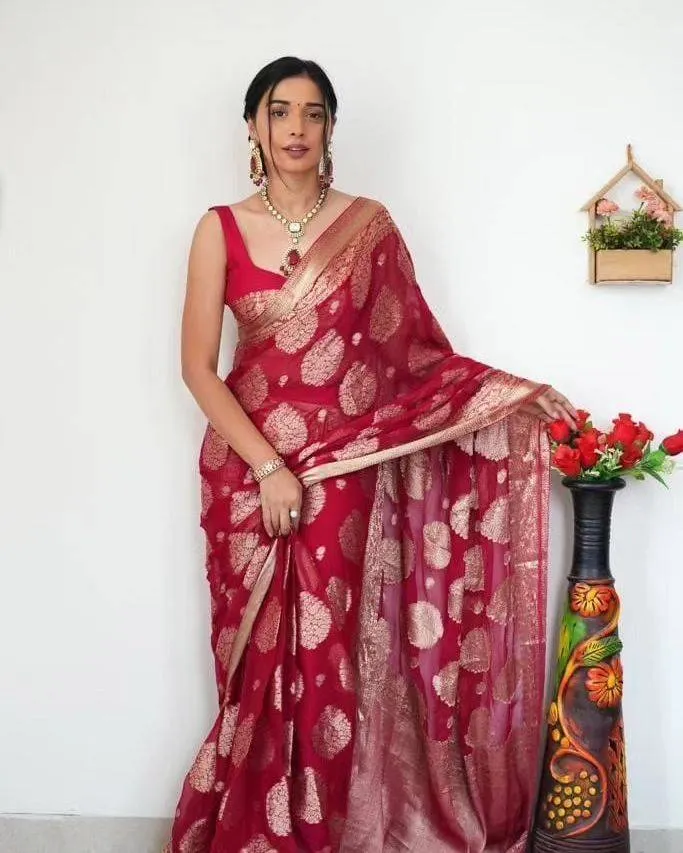
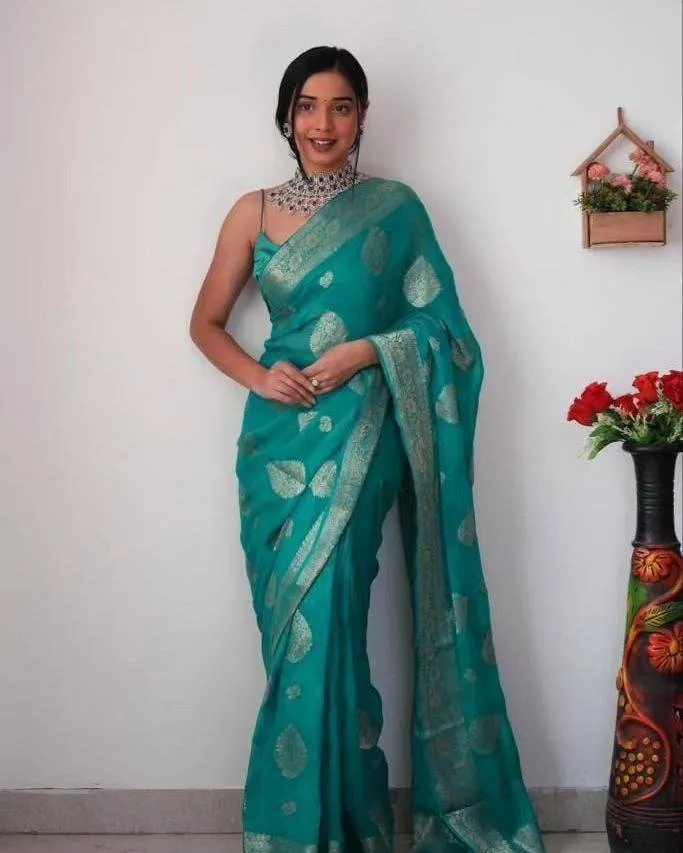
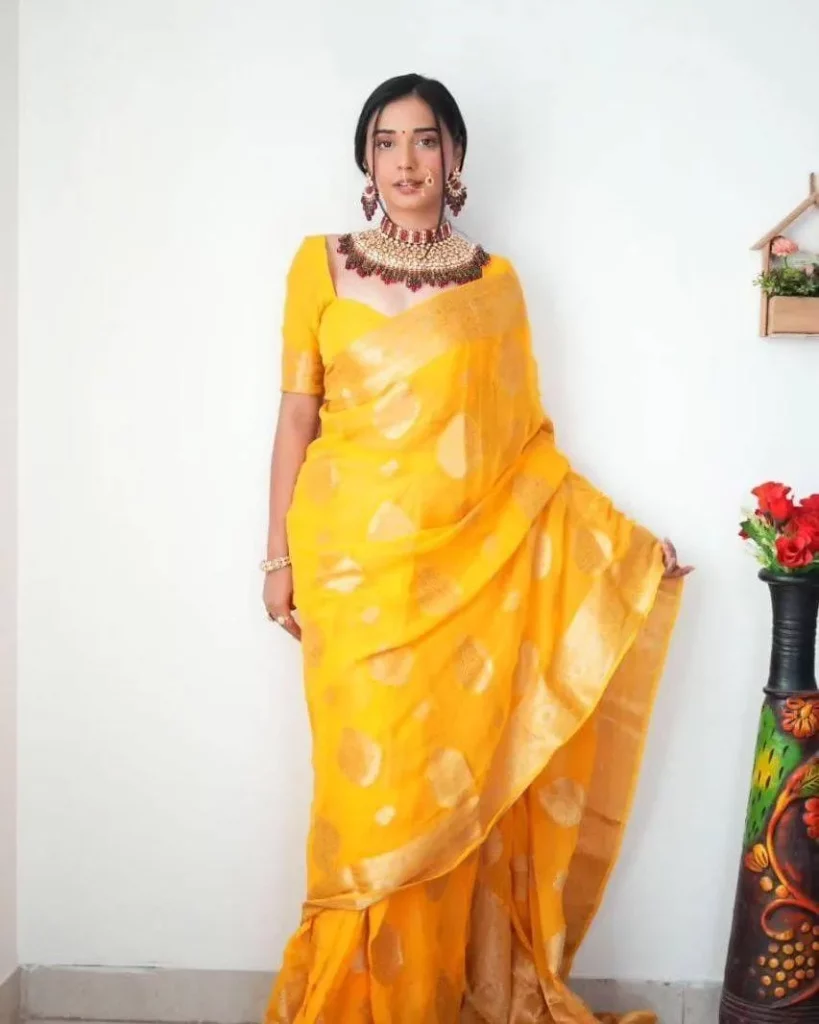
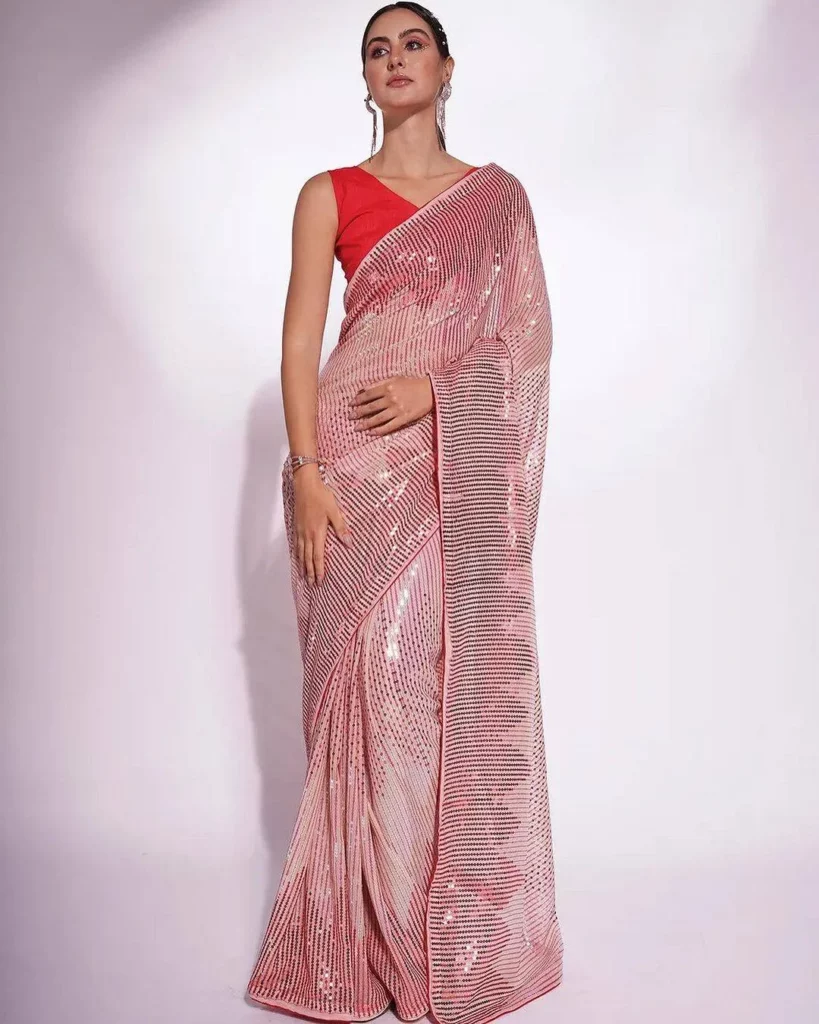
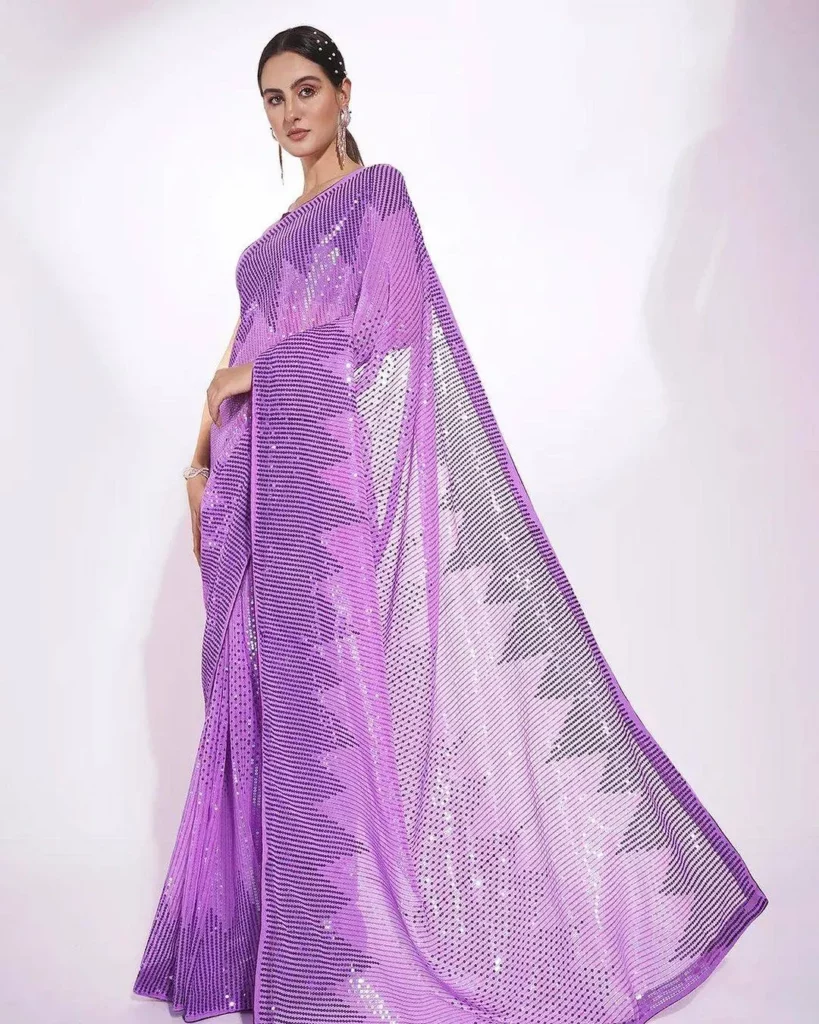
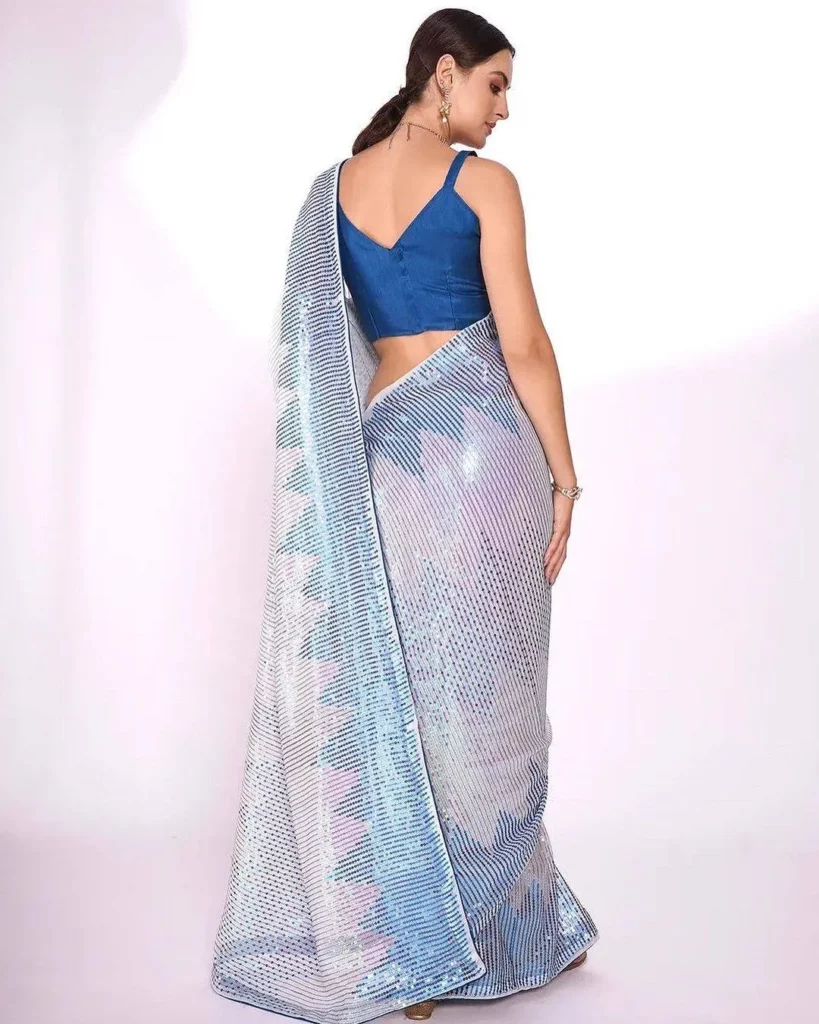
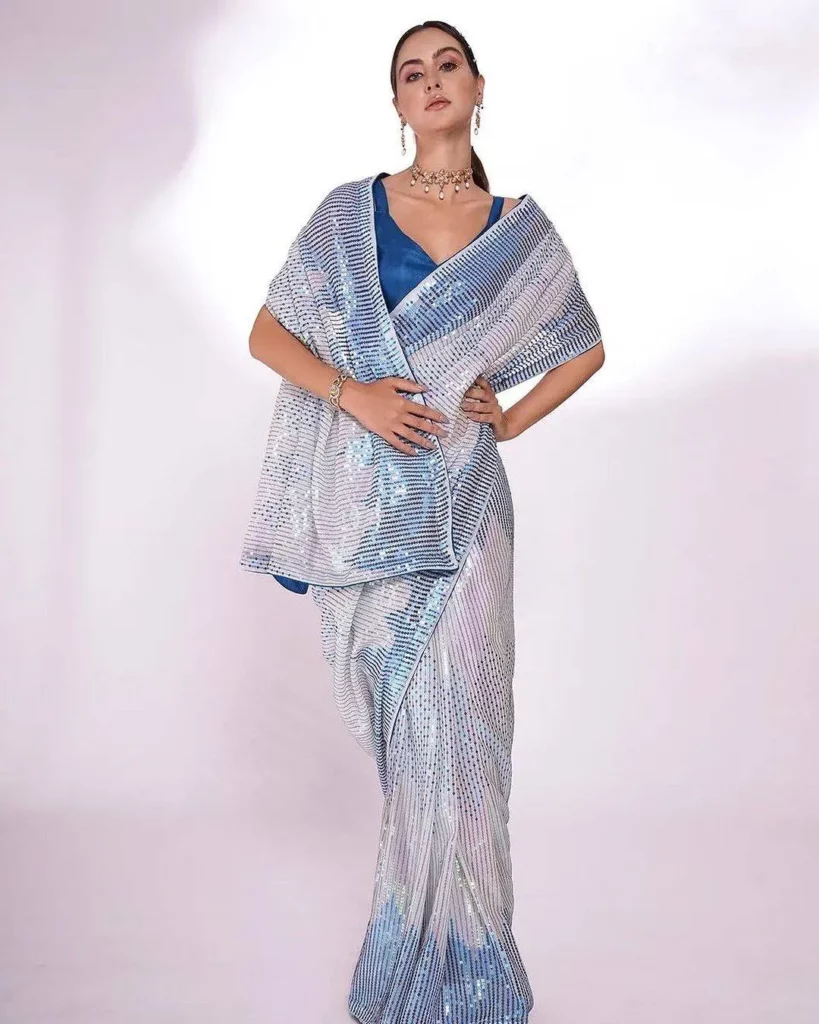
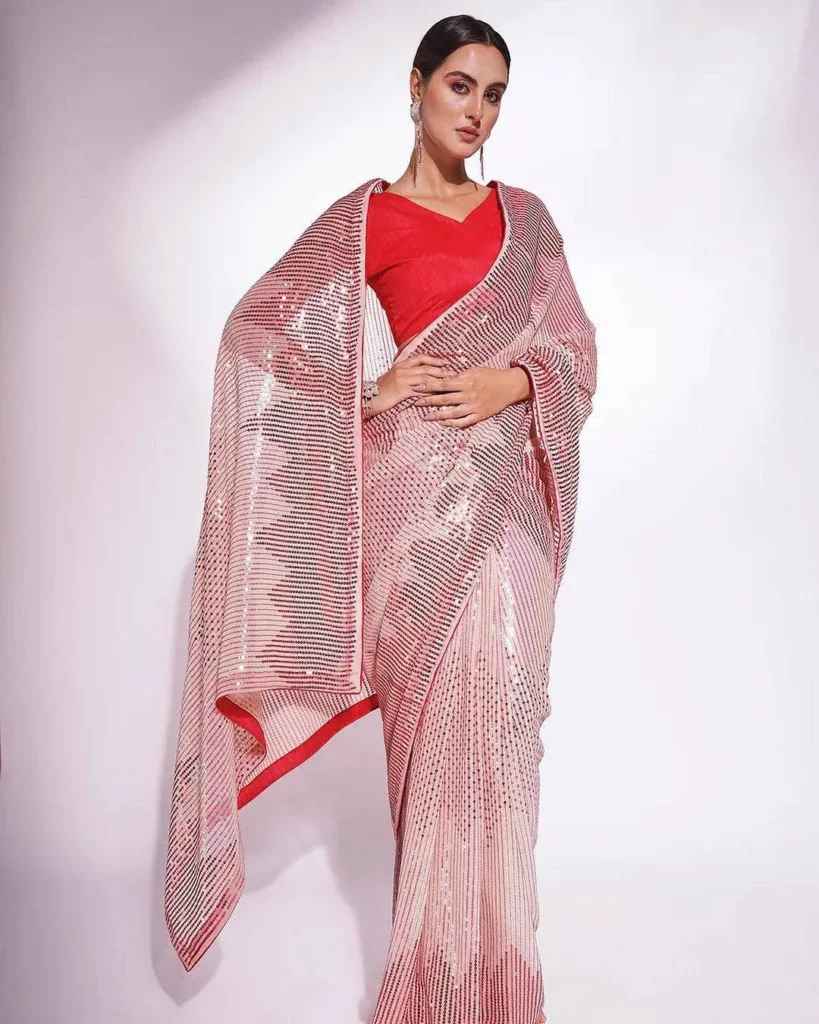
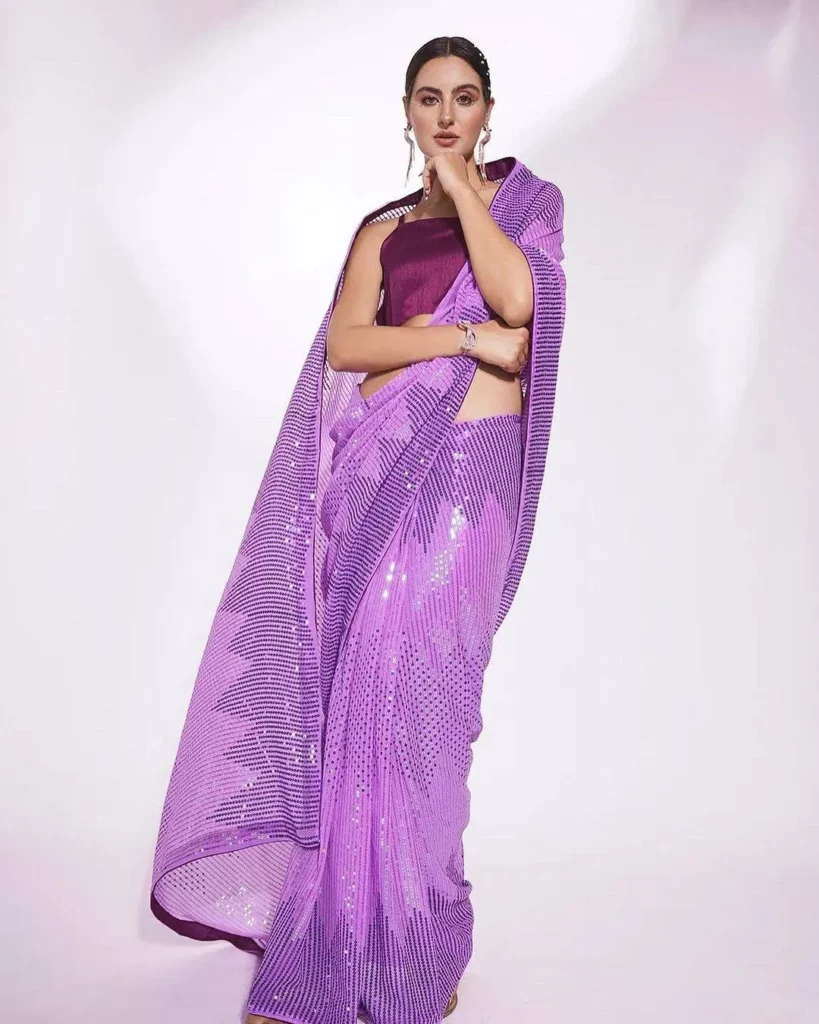
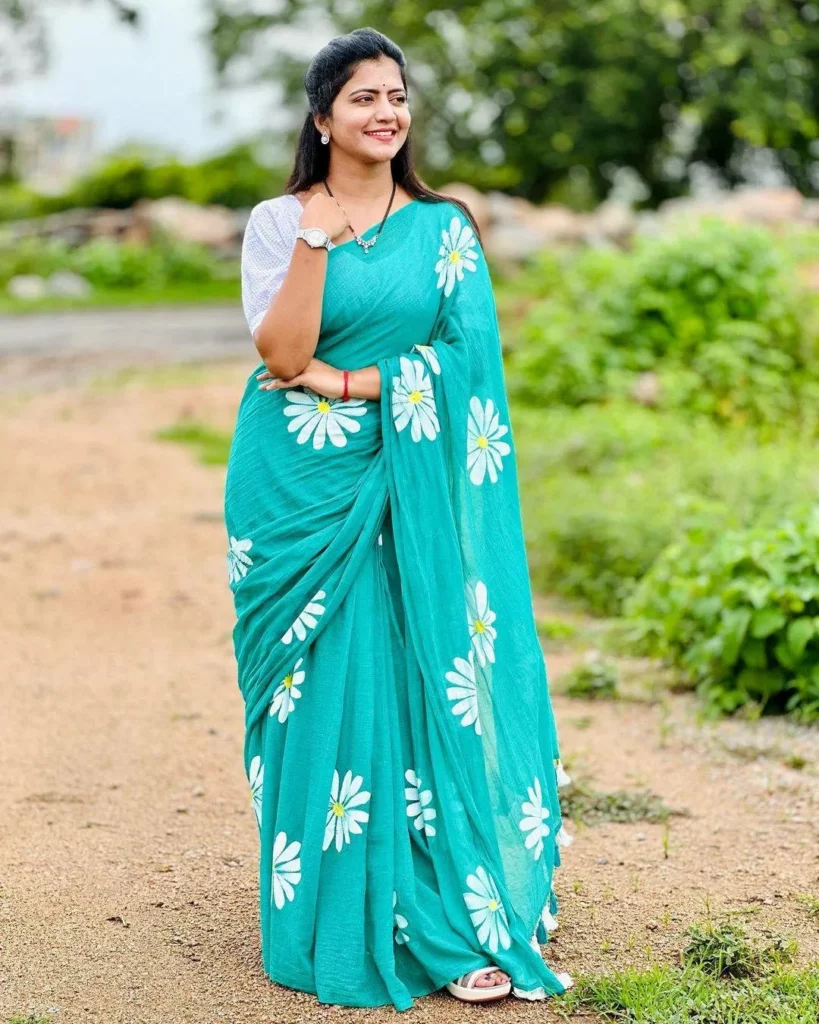
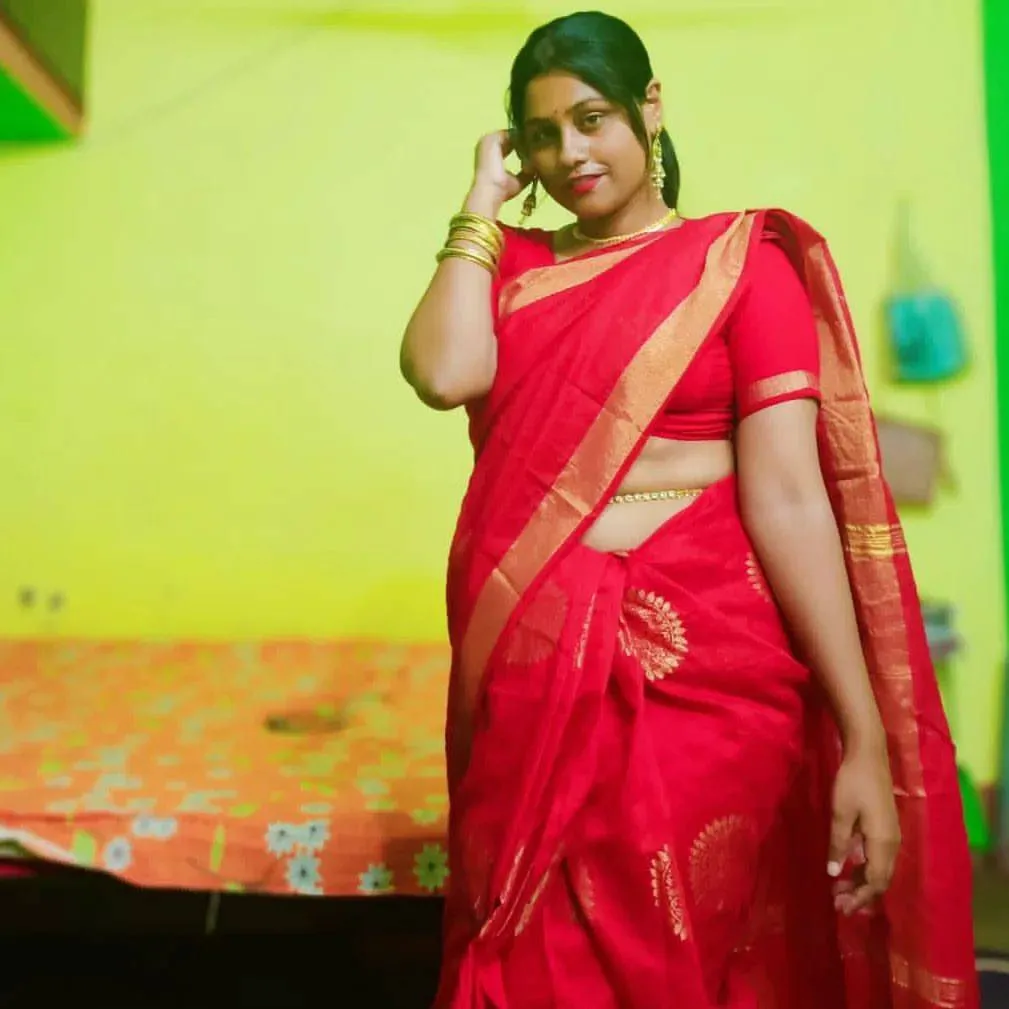
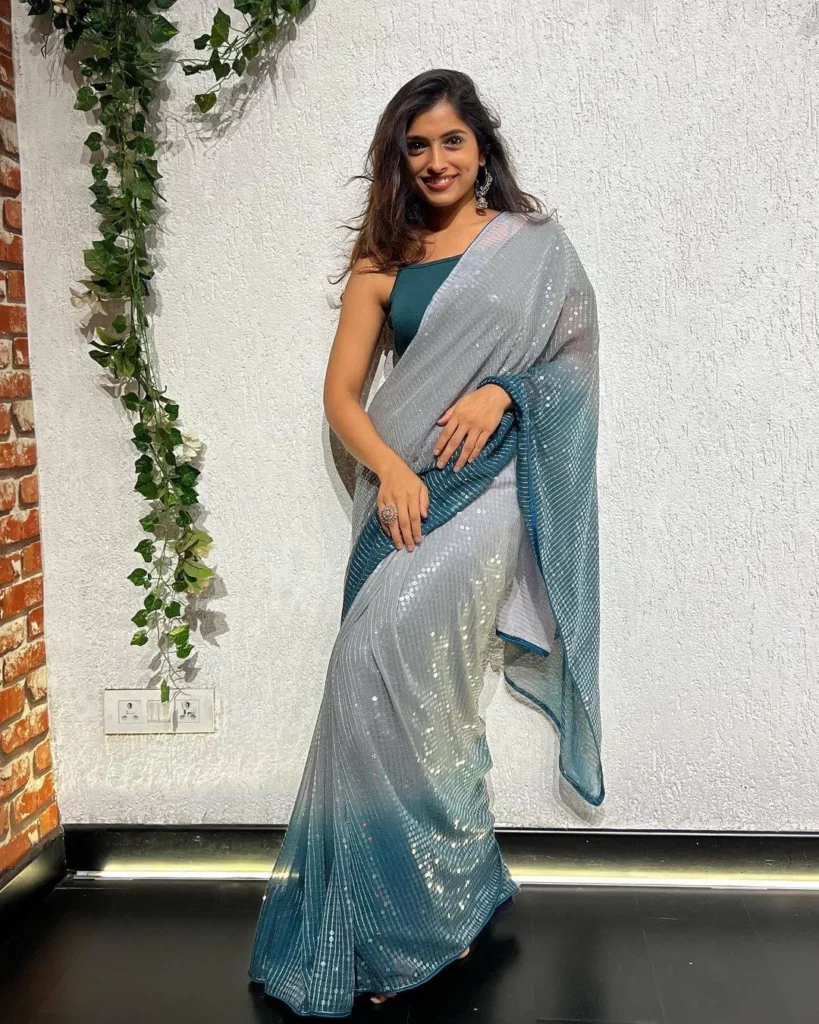
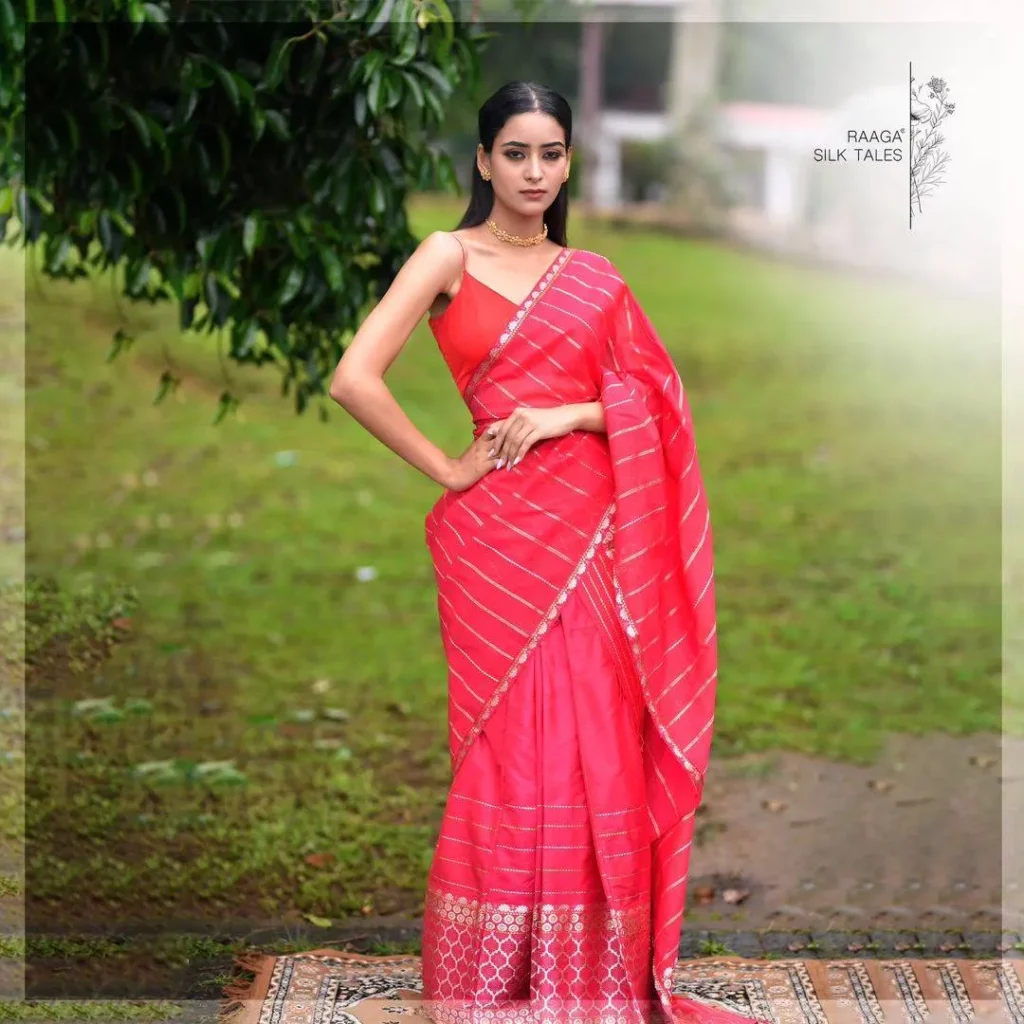
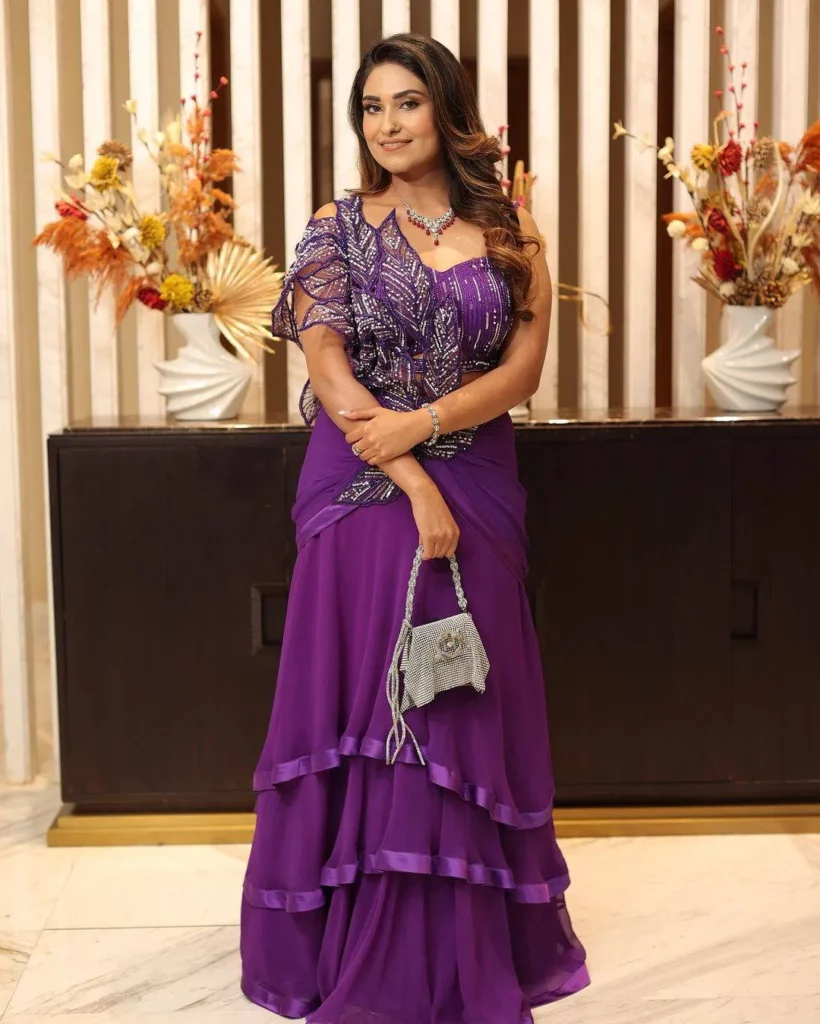
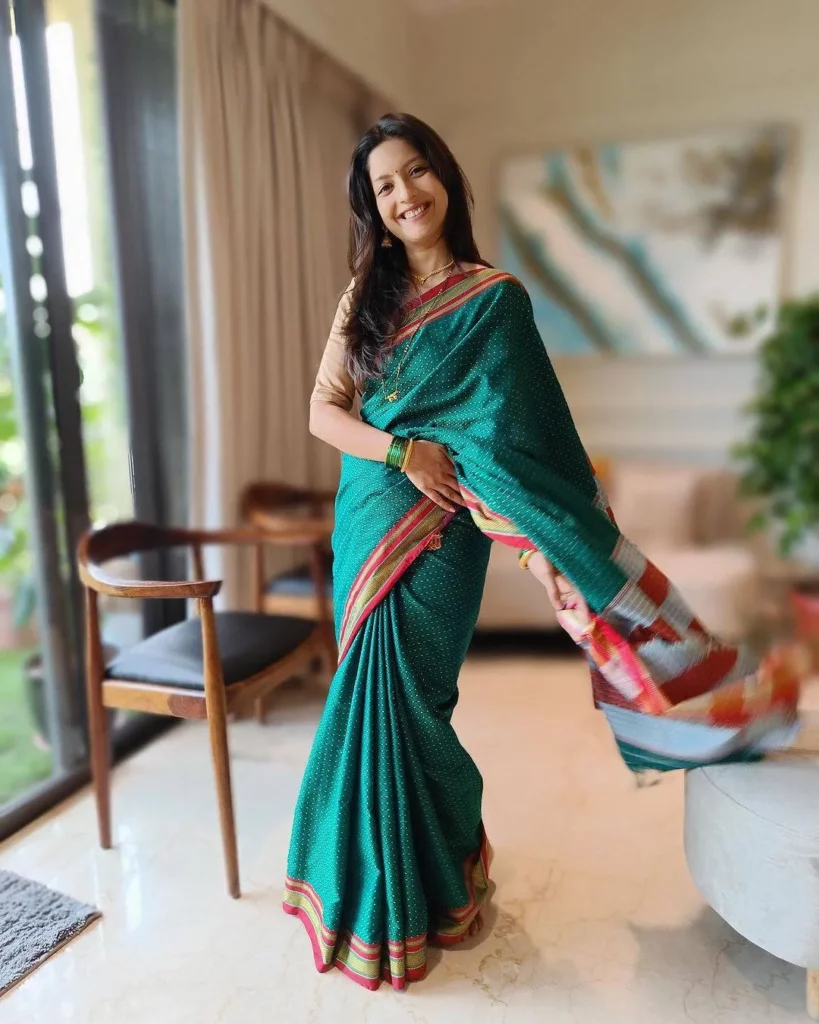
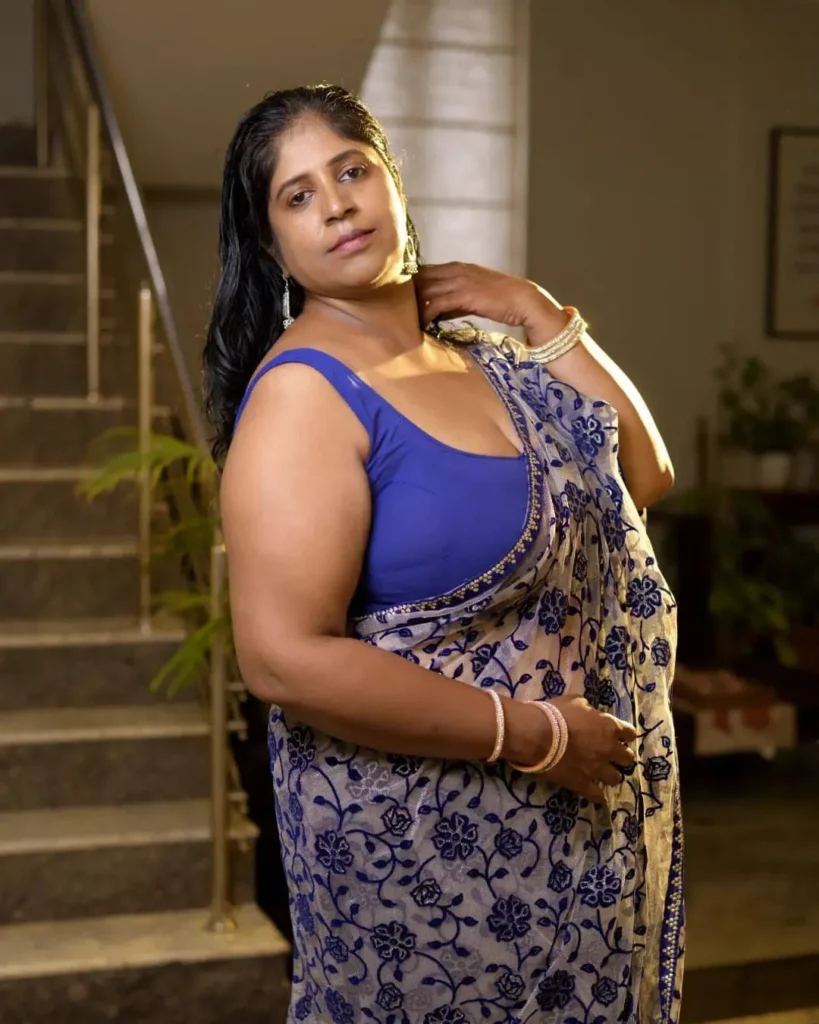
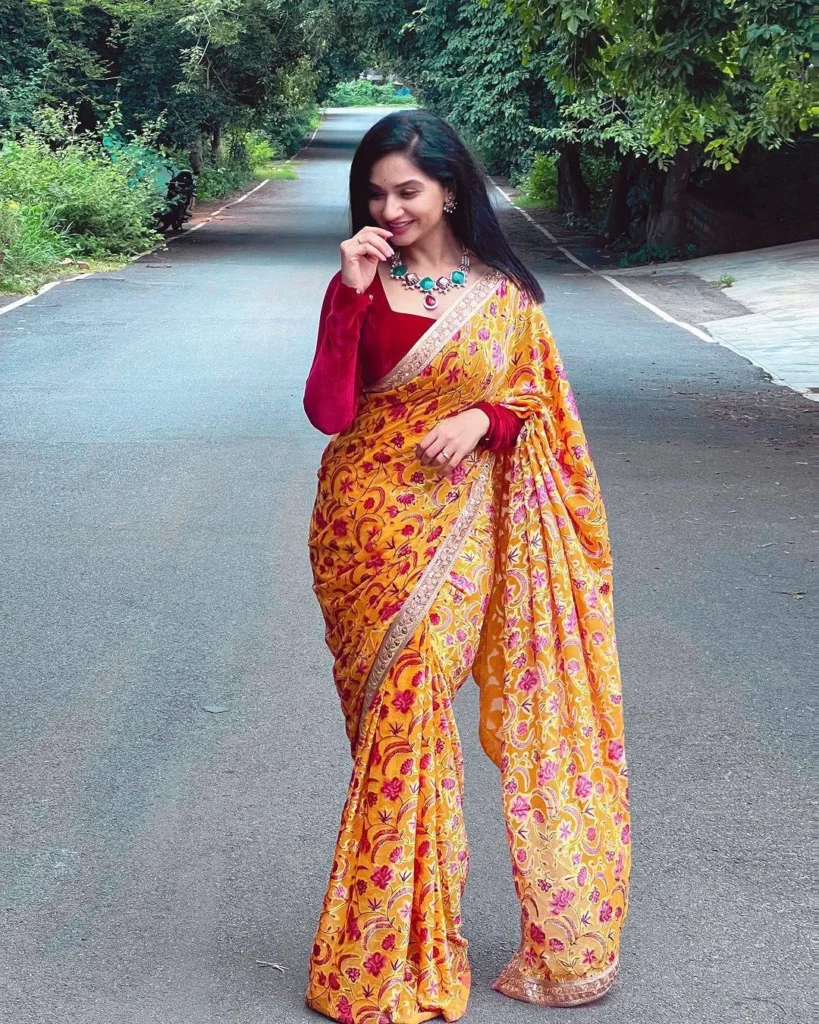
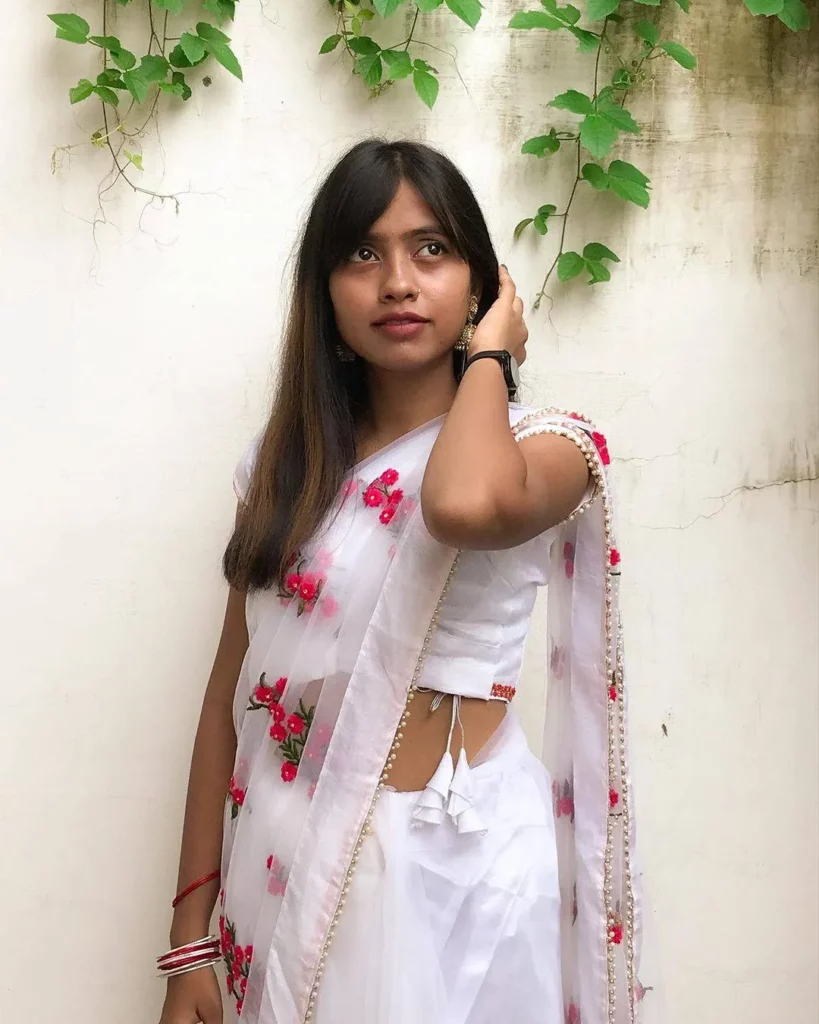
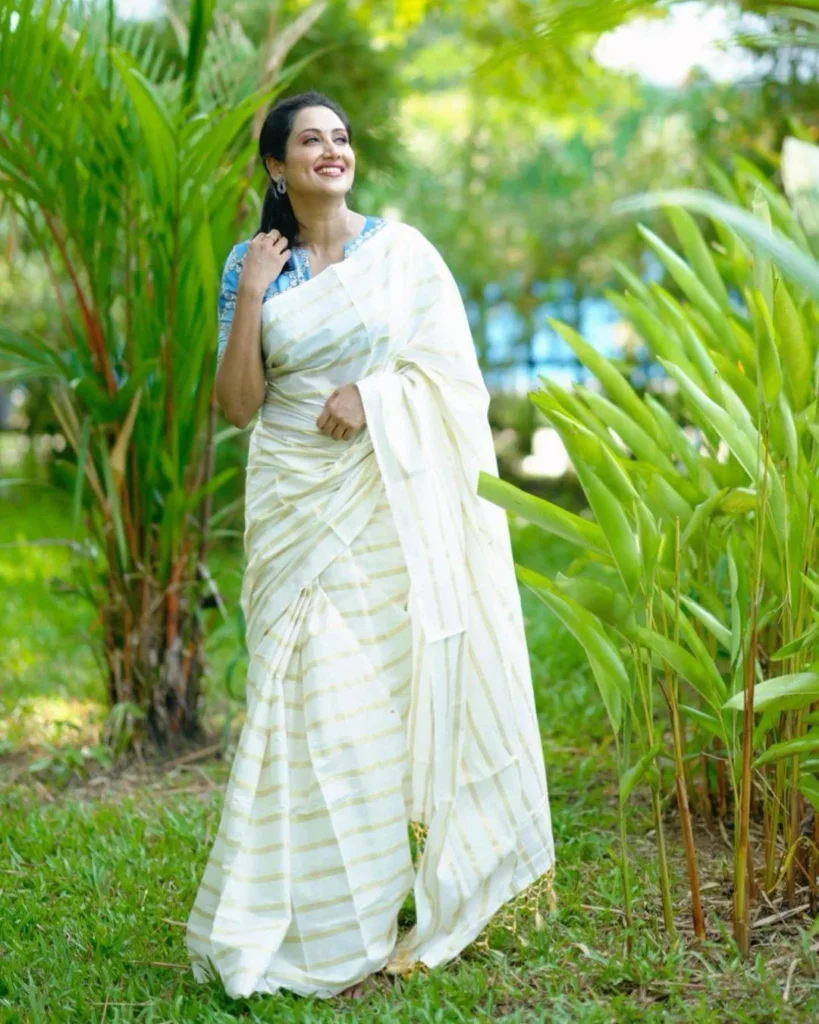
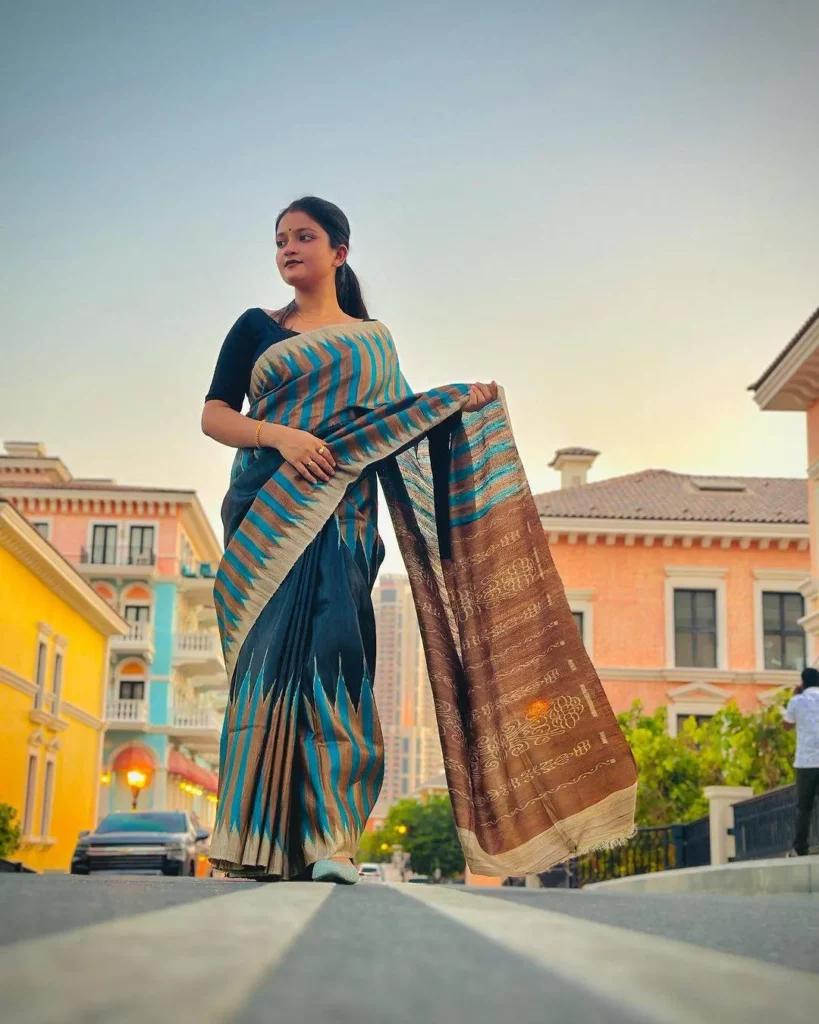
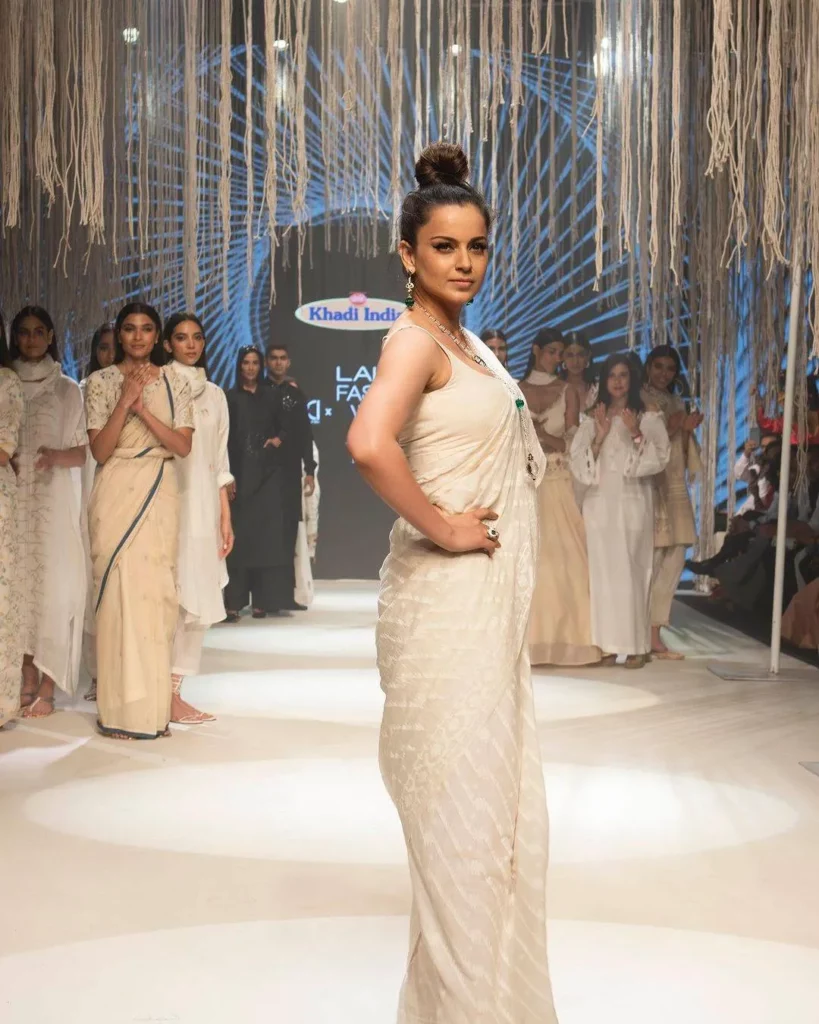
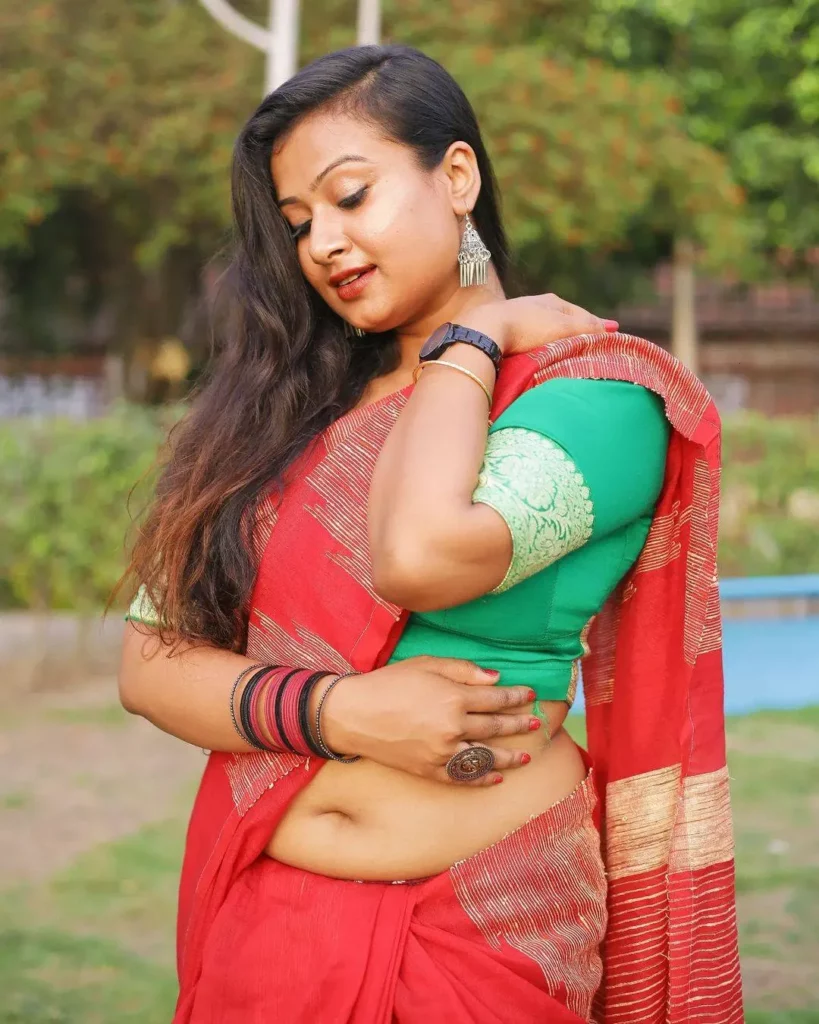
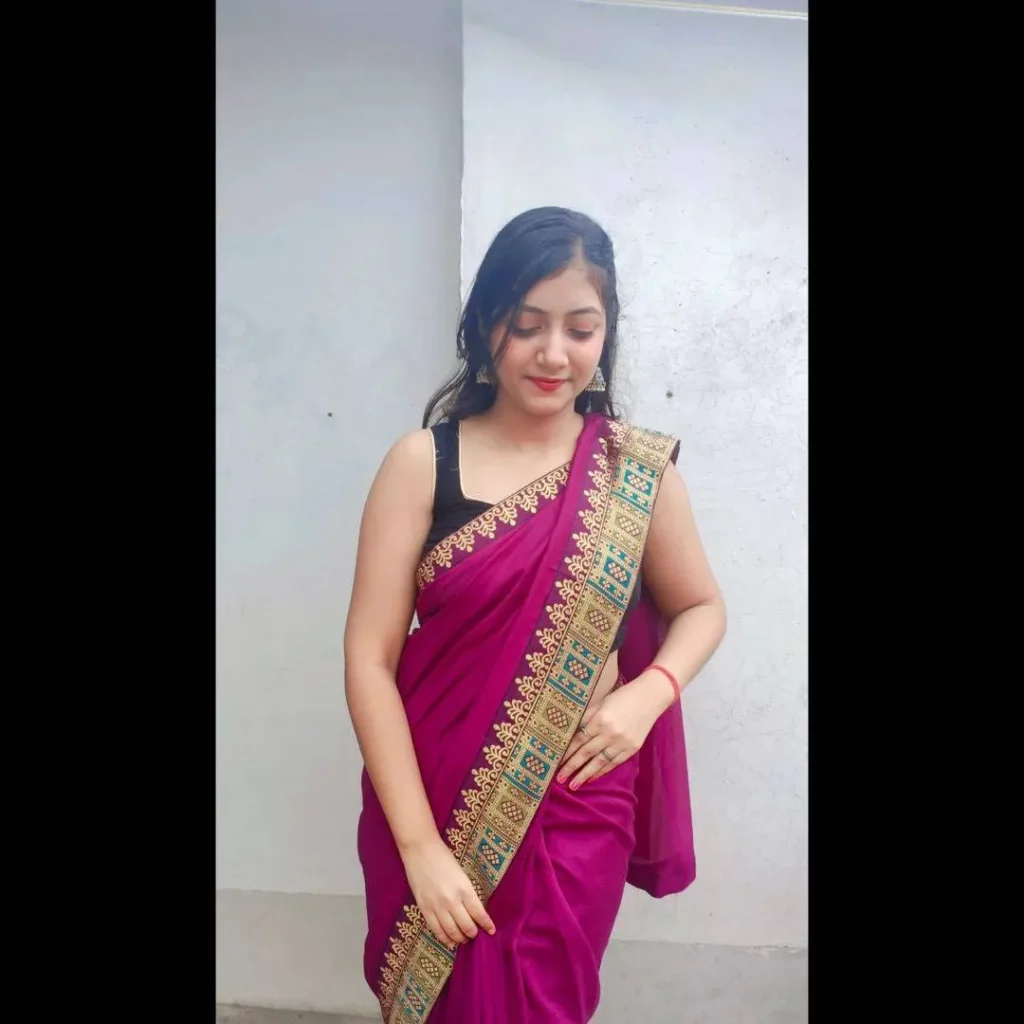
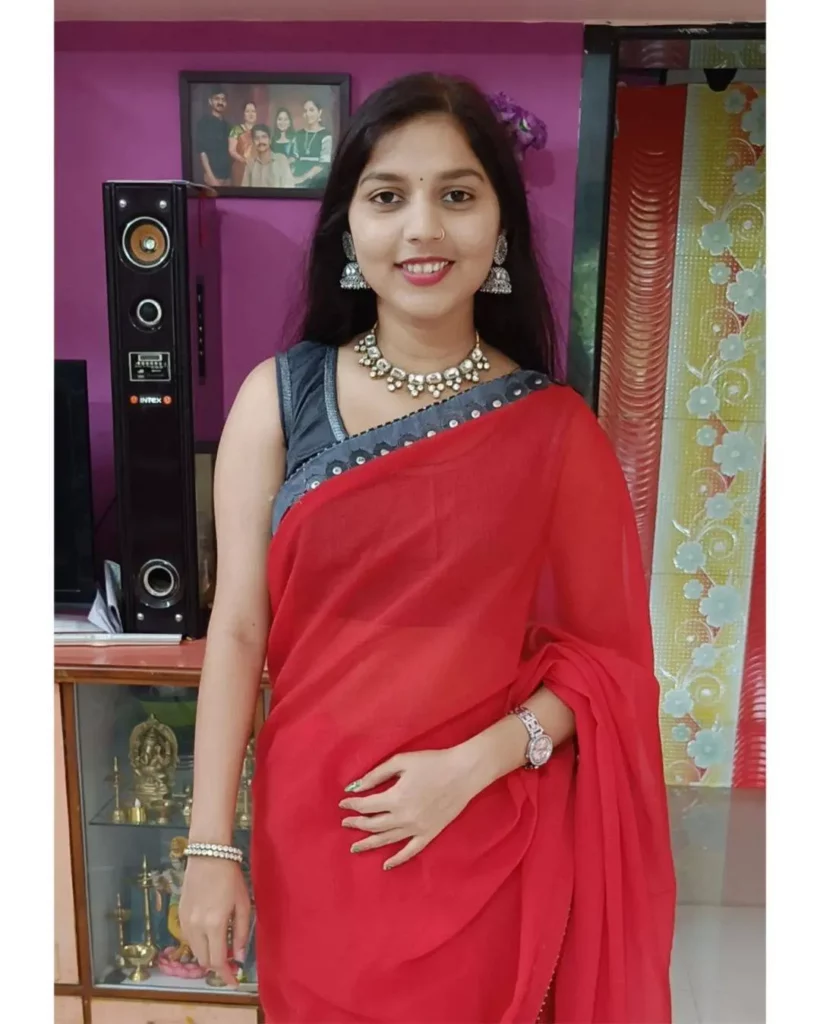
Conclusion
Thanks for joining us till the end of this post. Don’t forget to share to your friends and family if you found this insightful. You can also drop a comment below let us know your views on these traditional outfits.
Image Credits: All images were gotten from Instagram and there are no intended copyright infringements on the original owners




